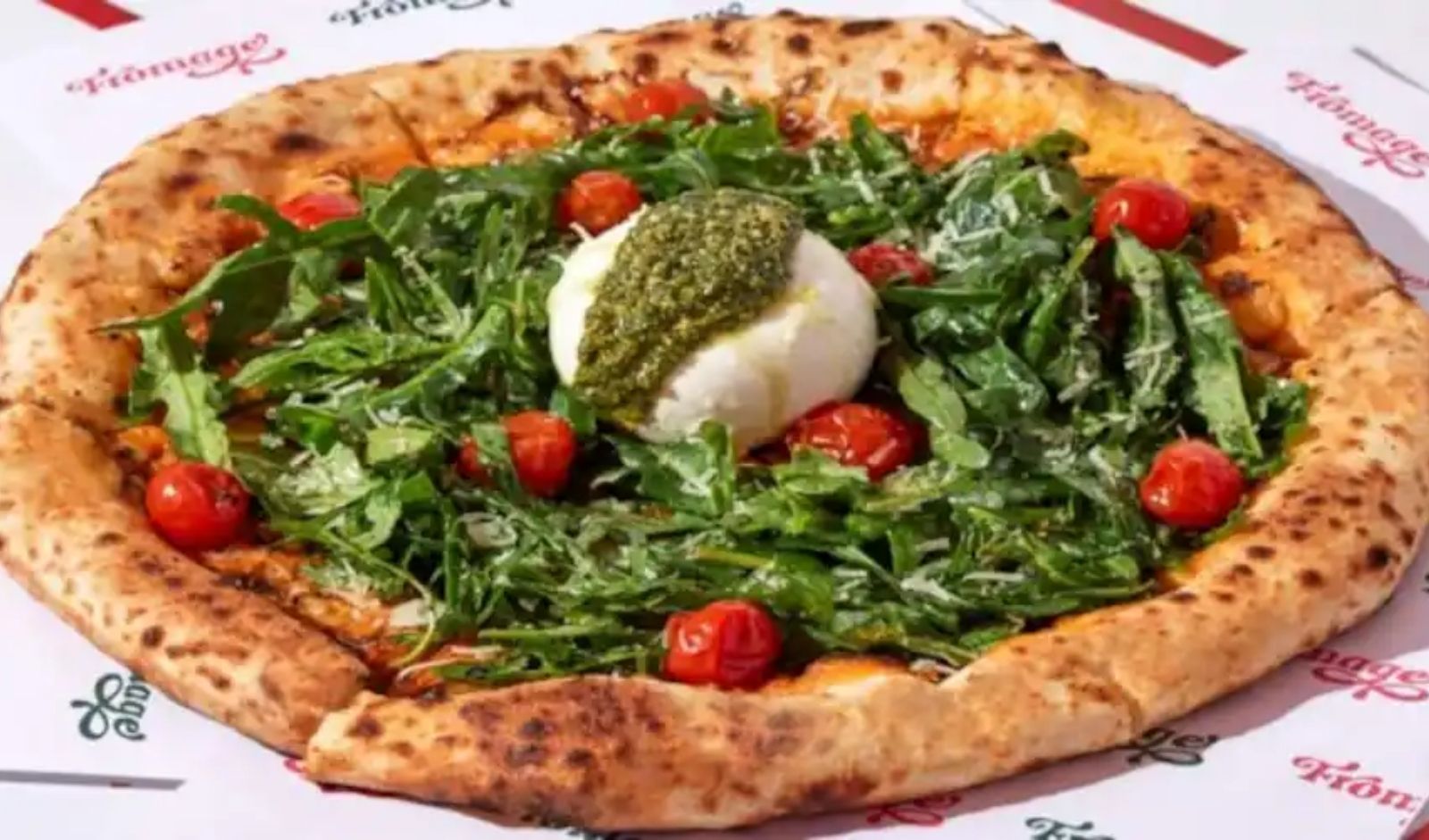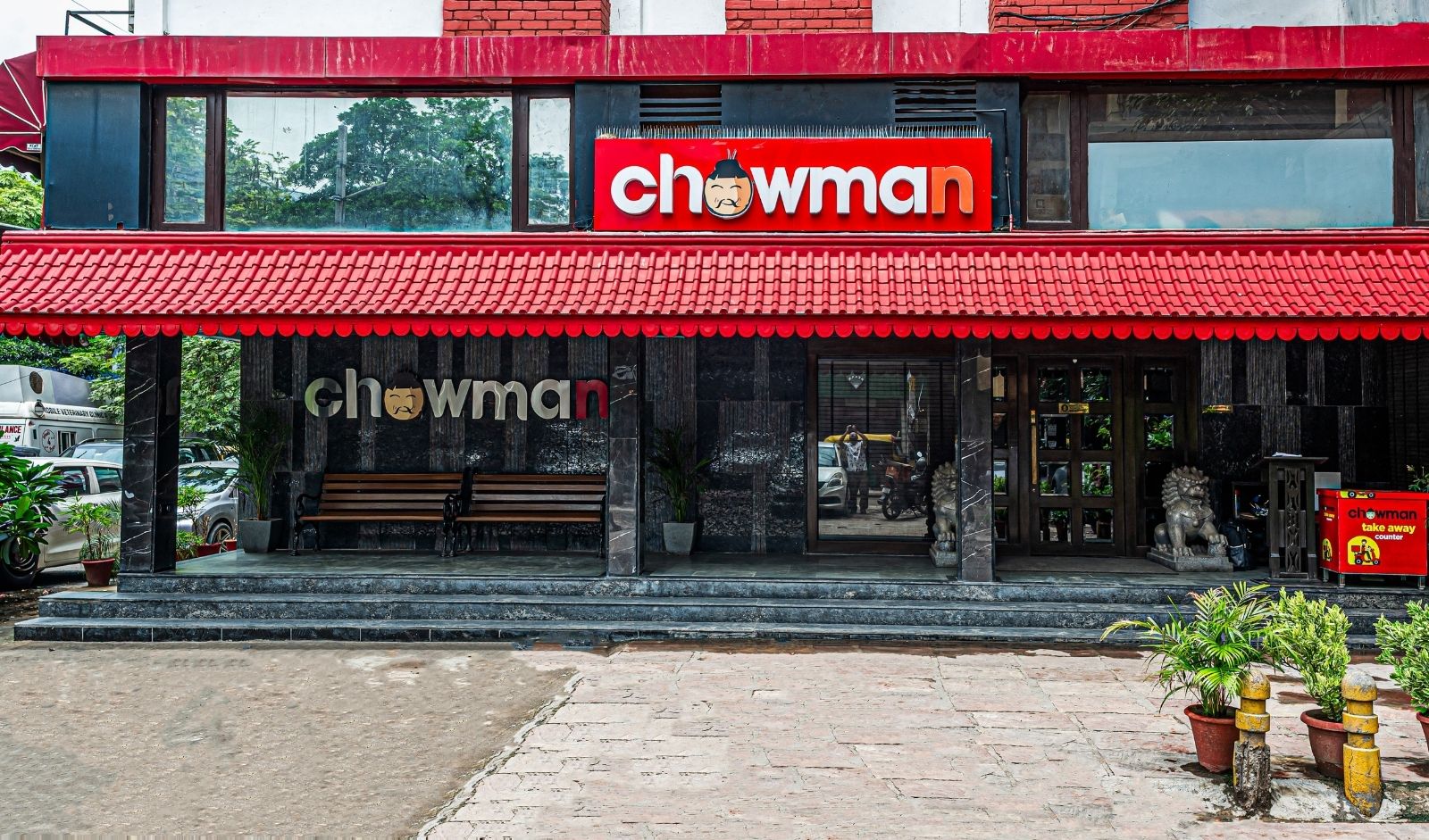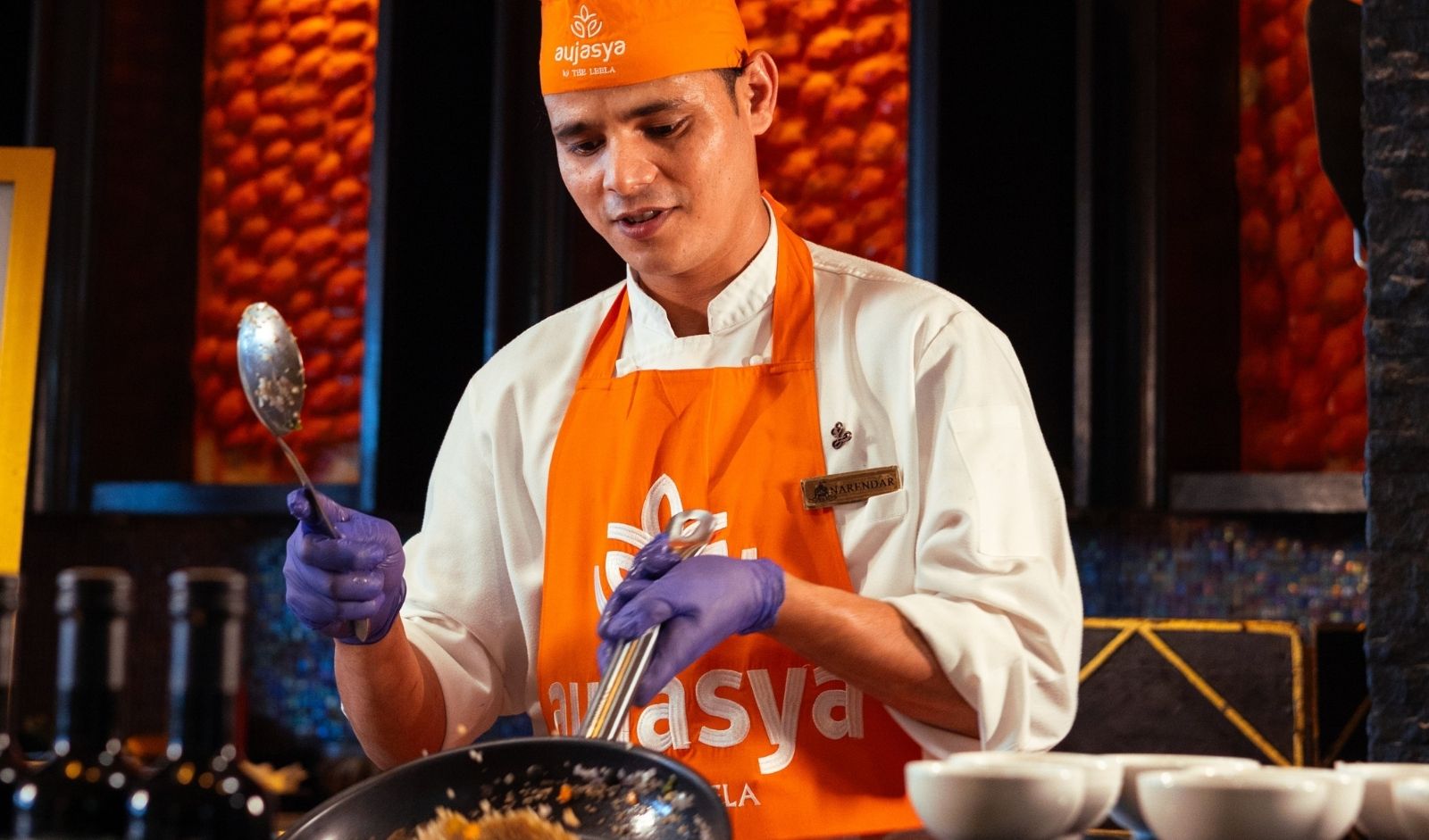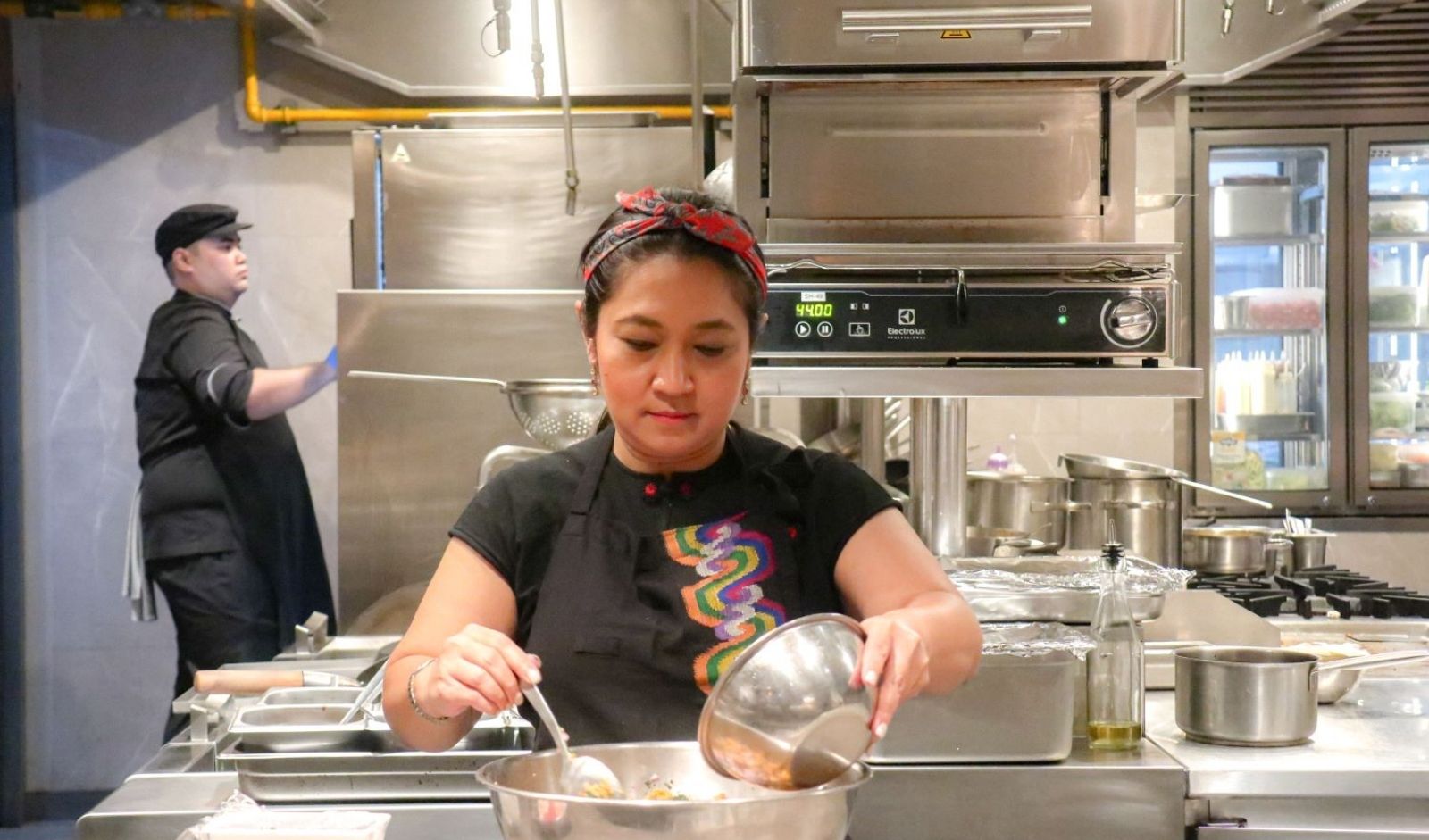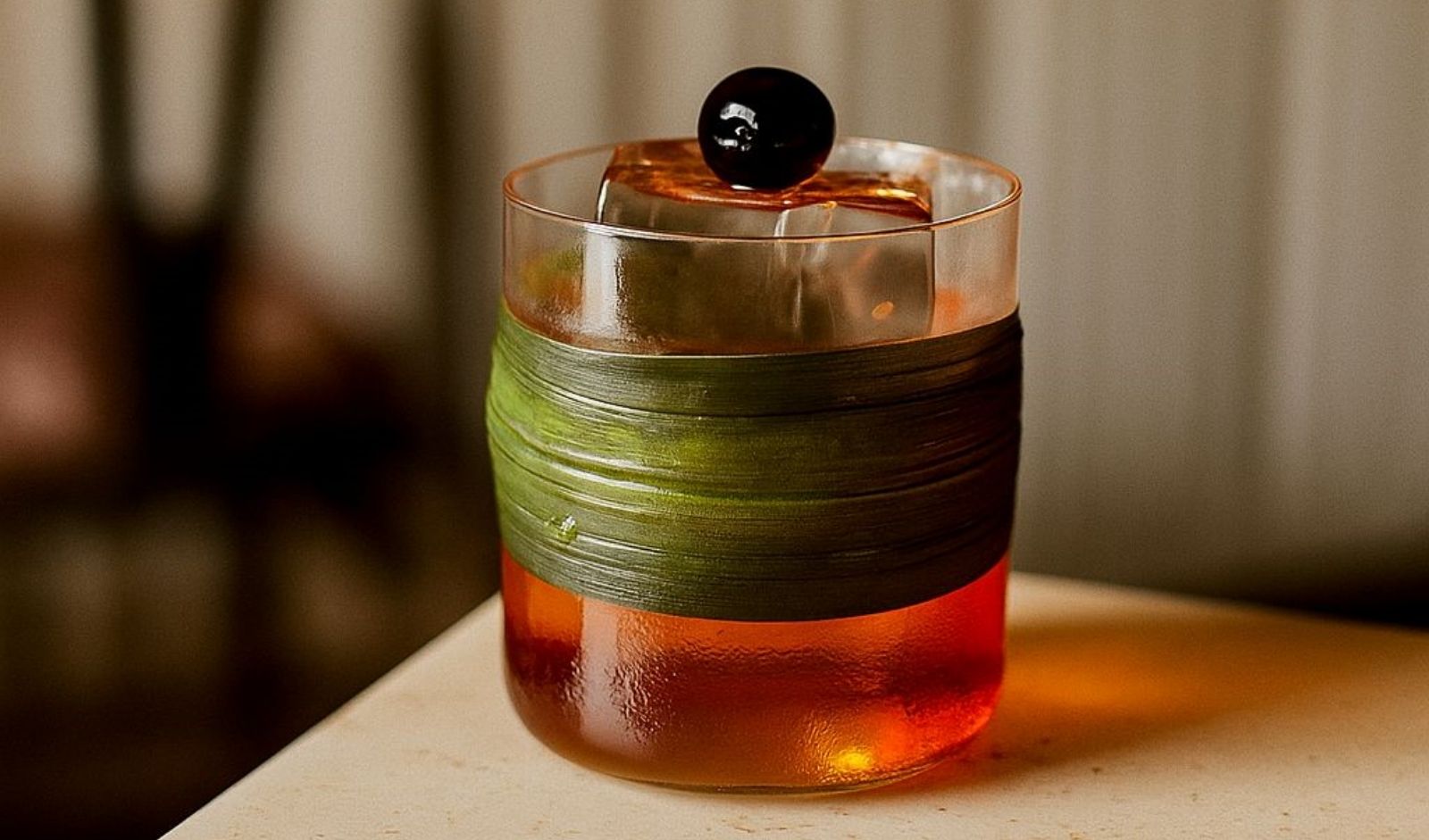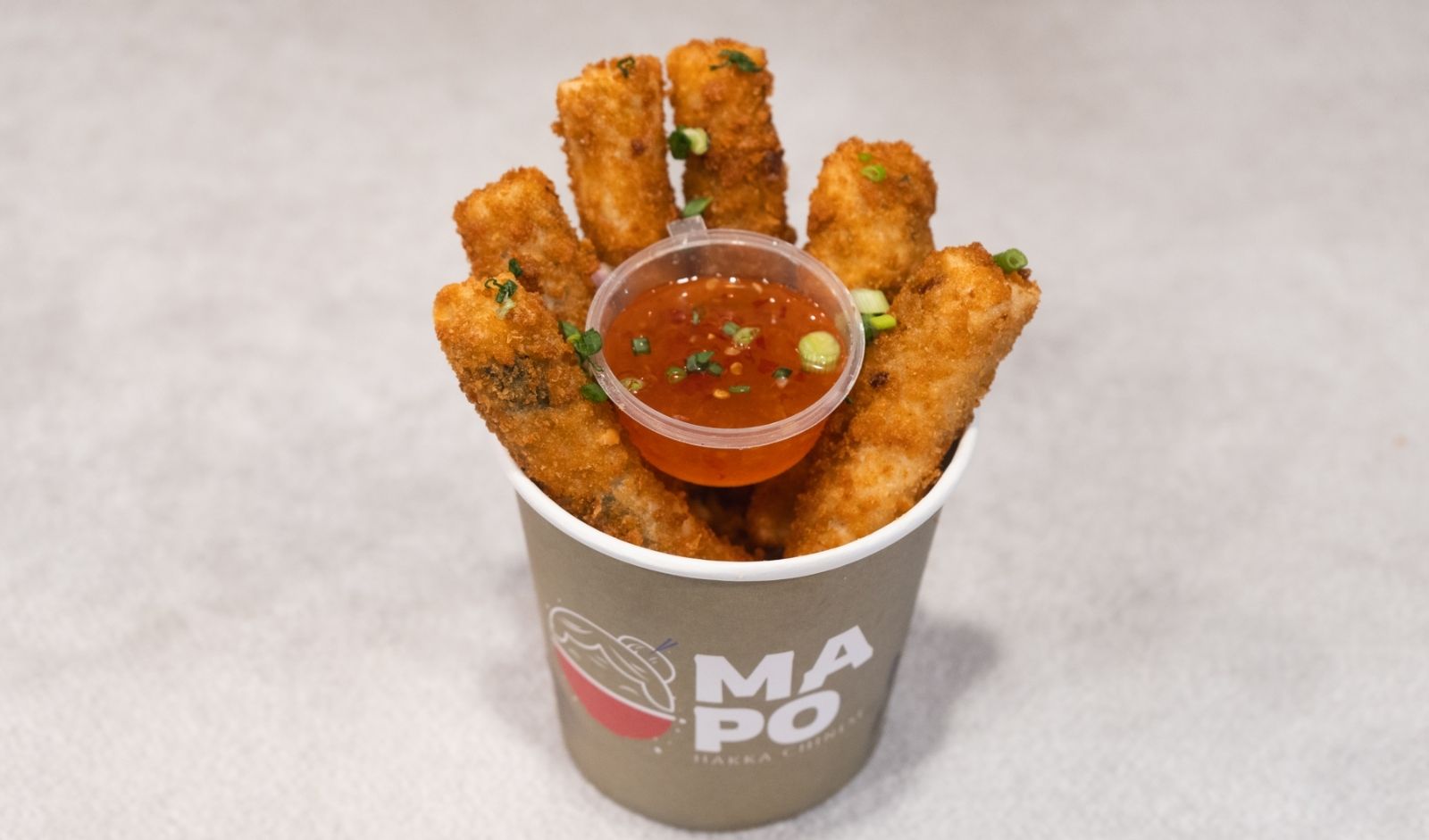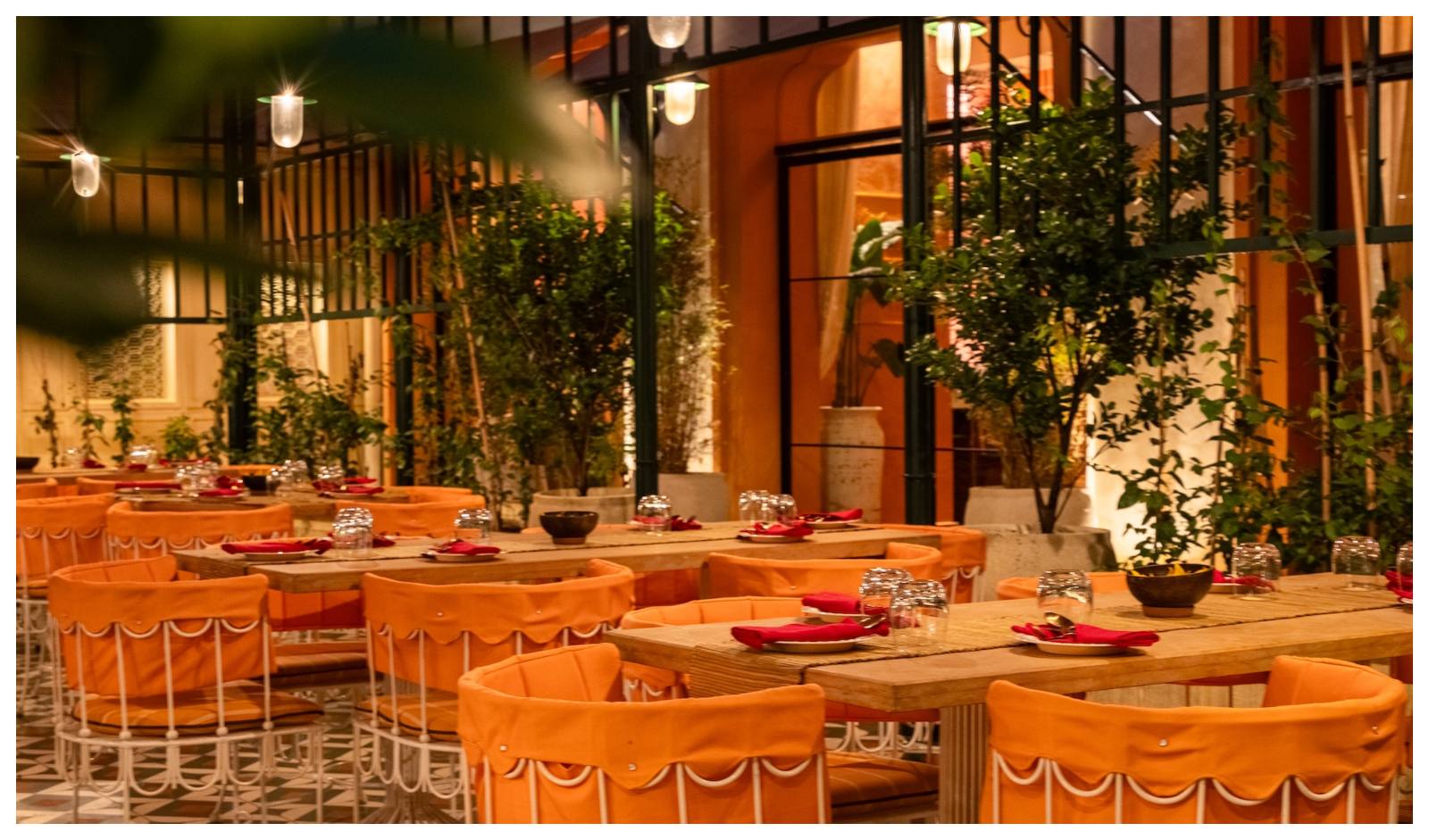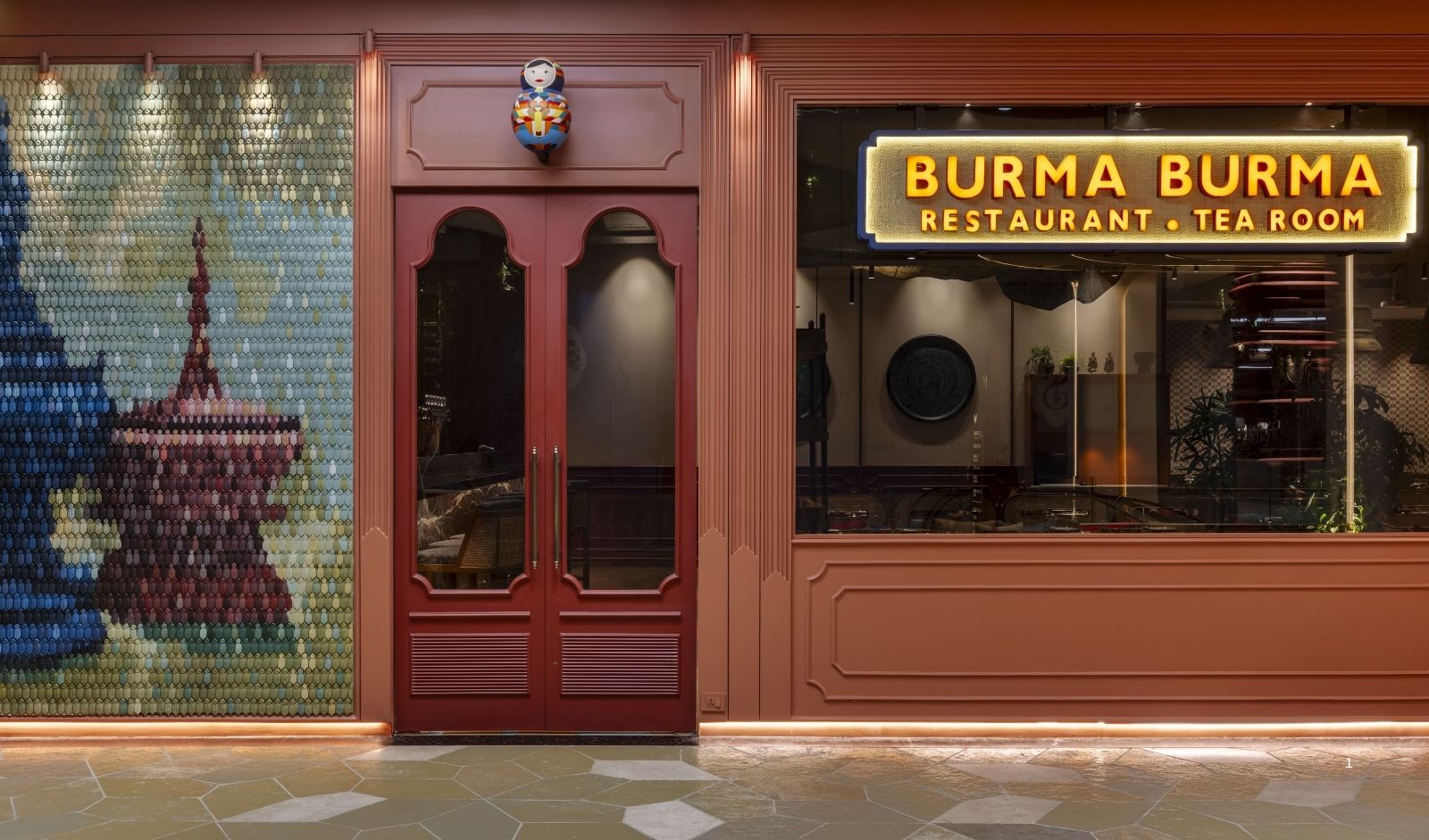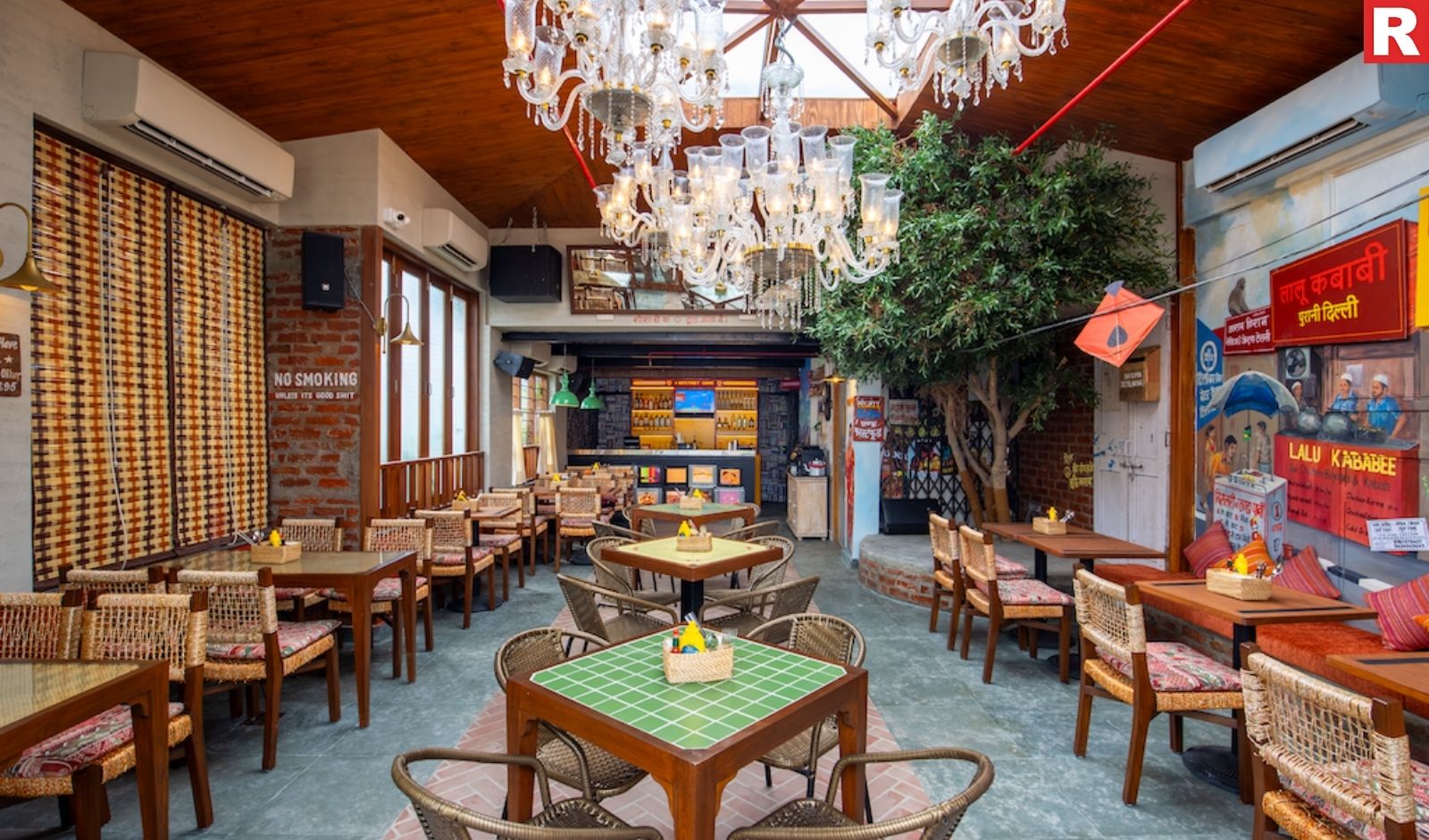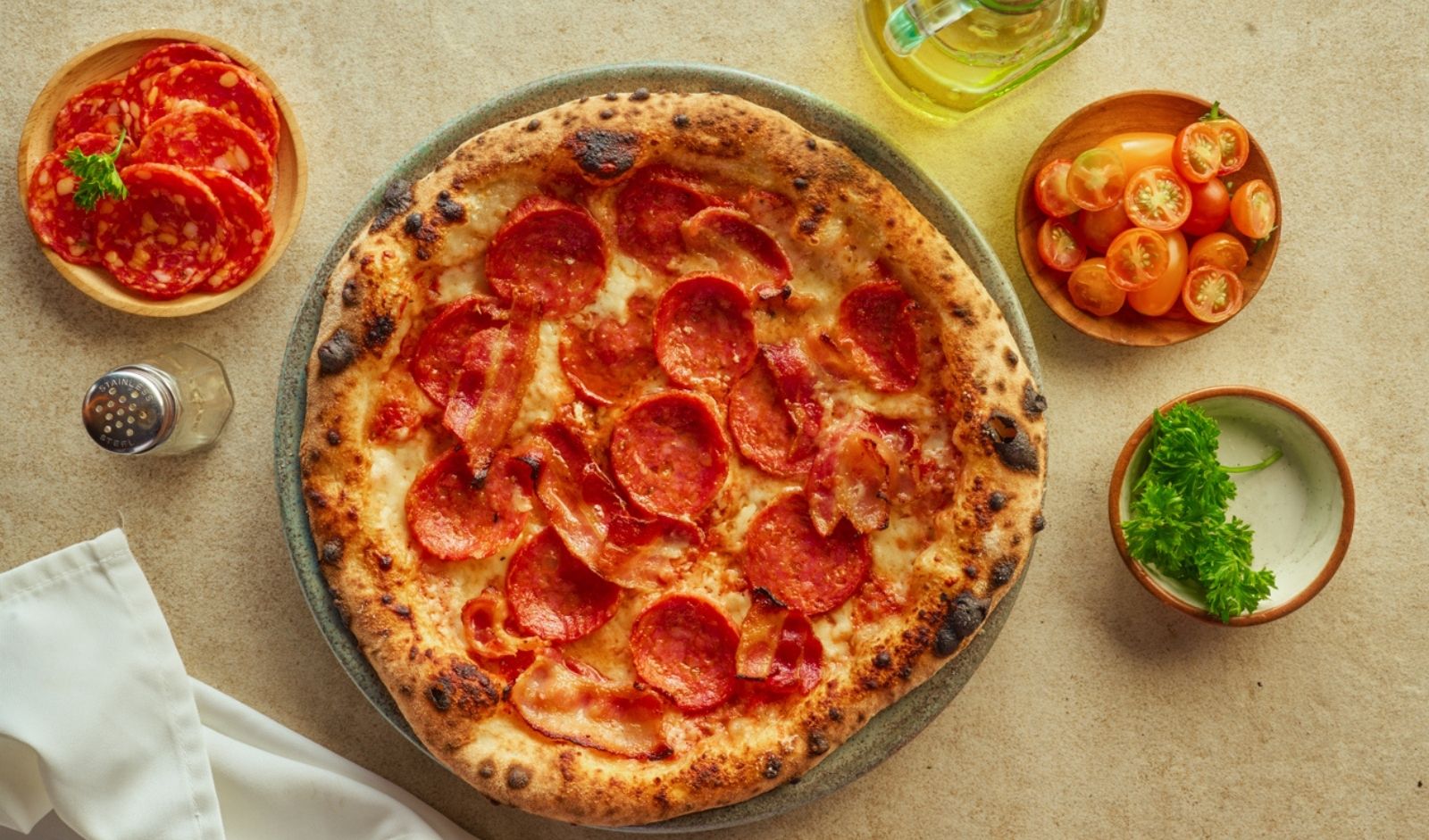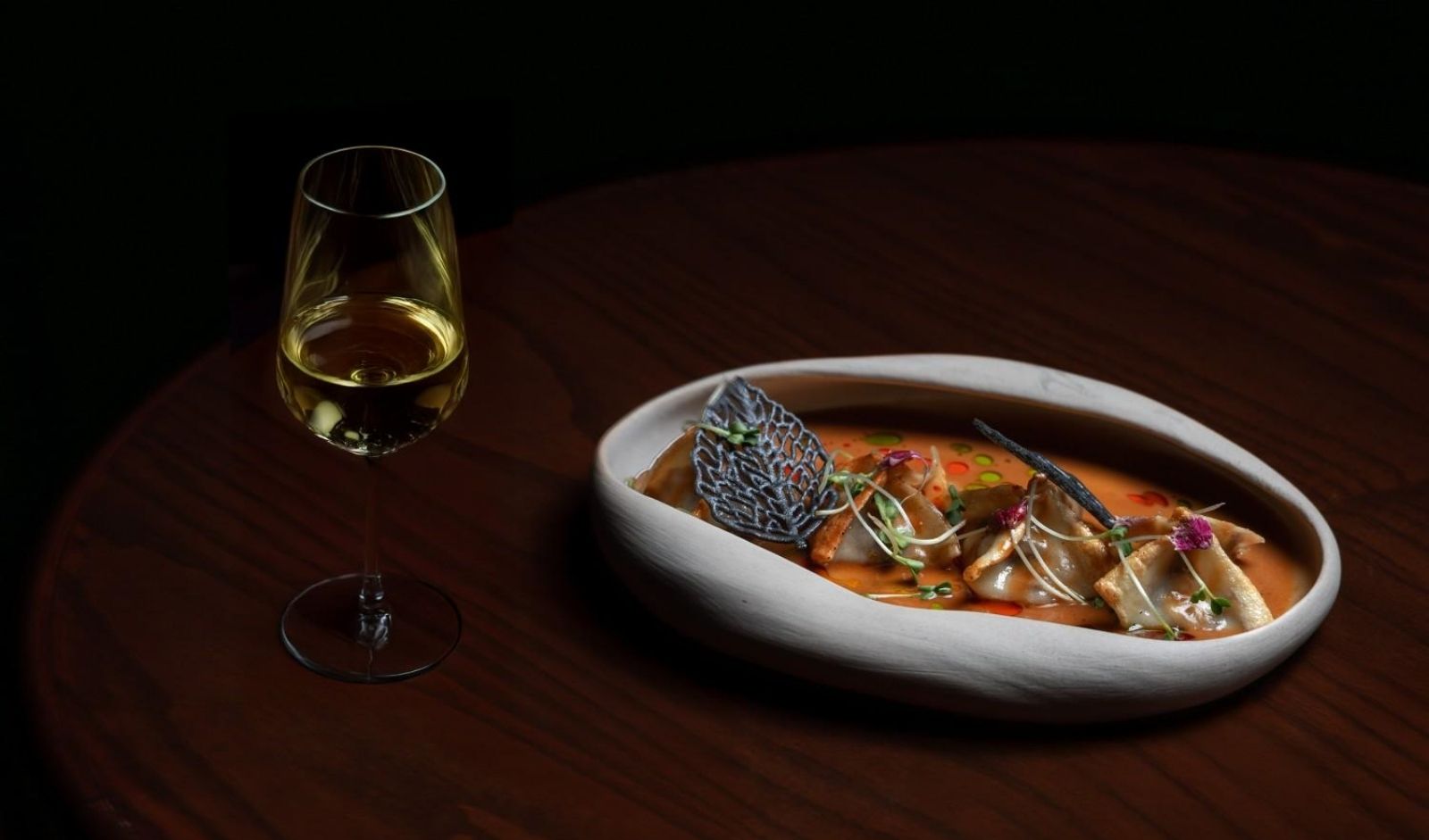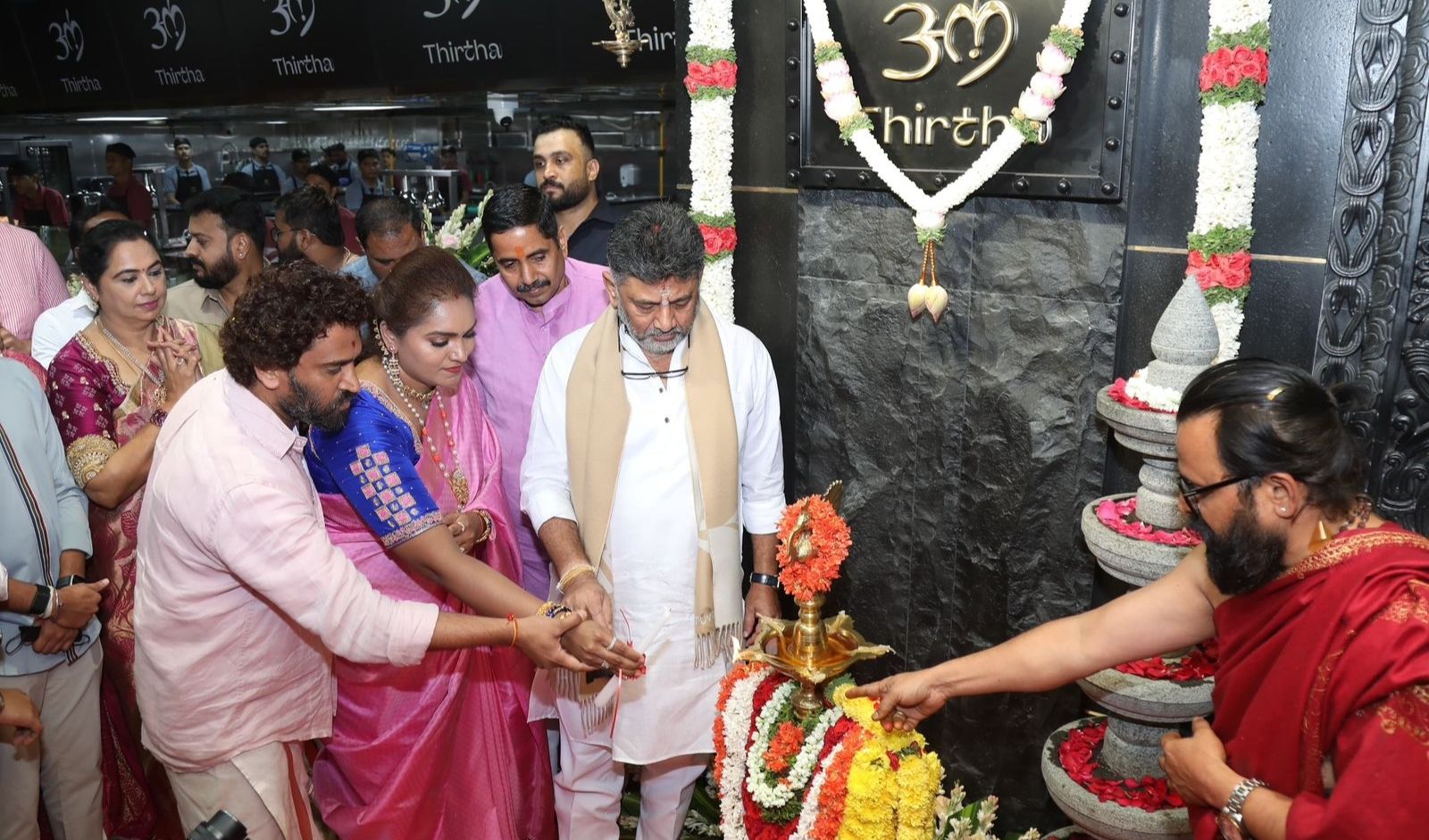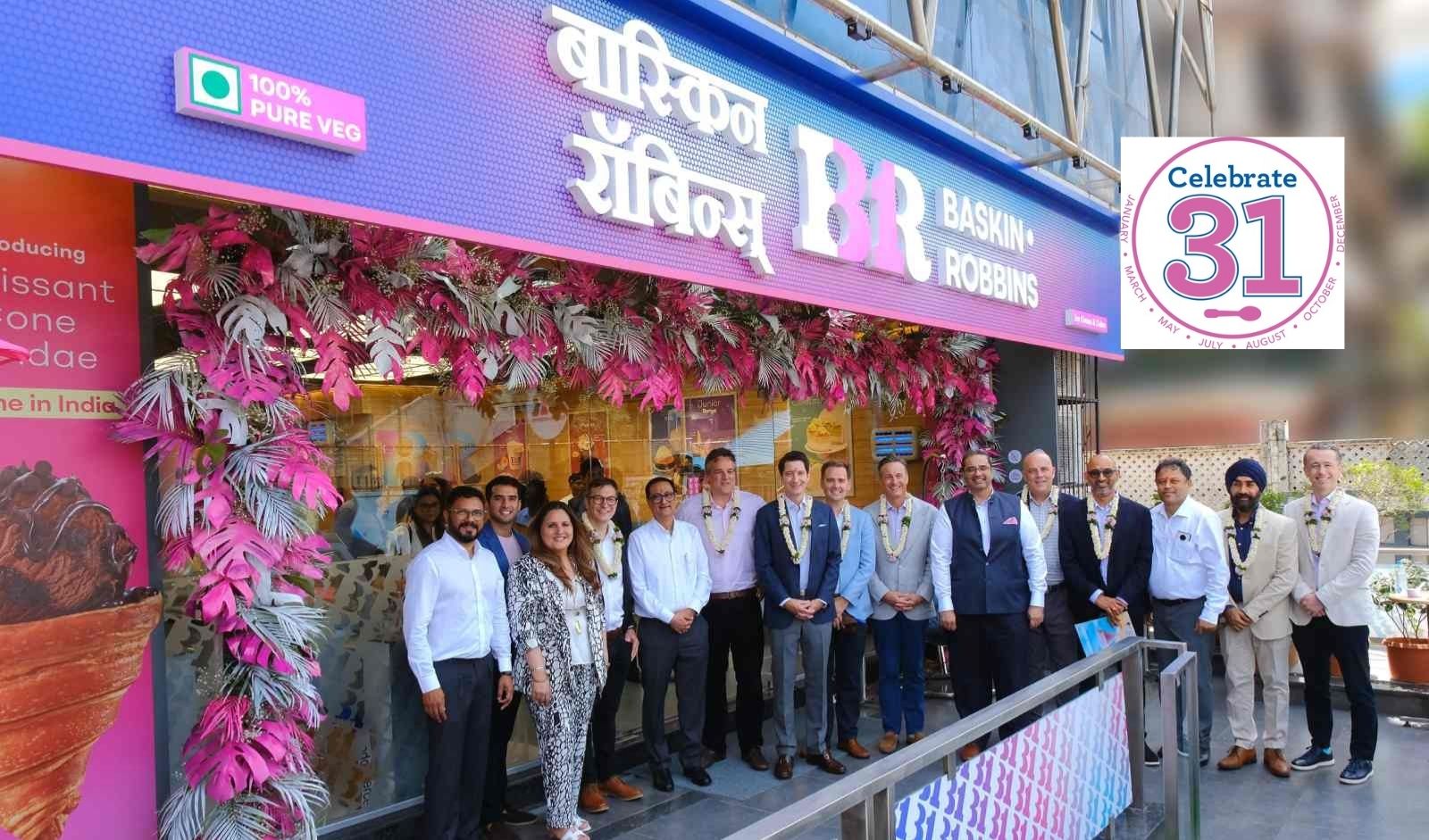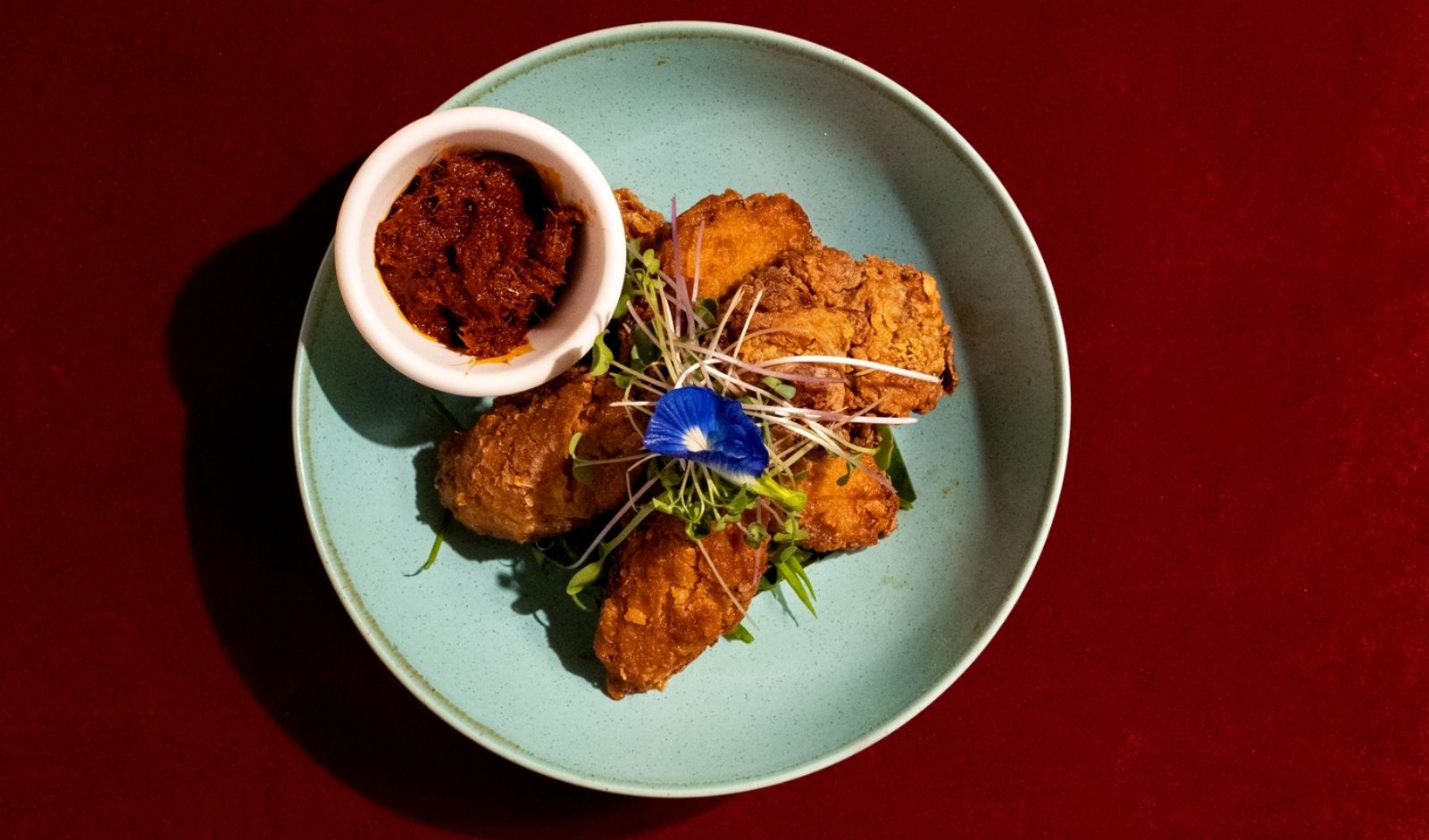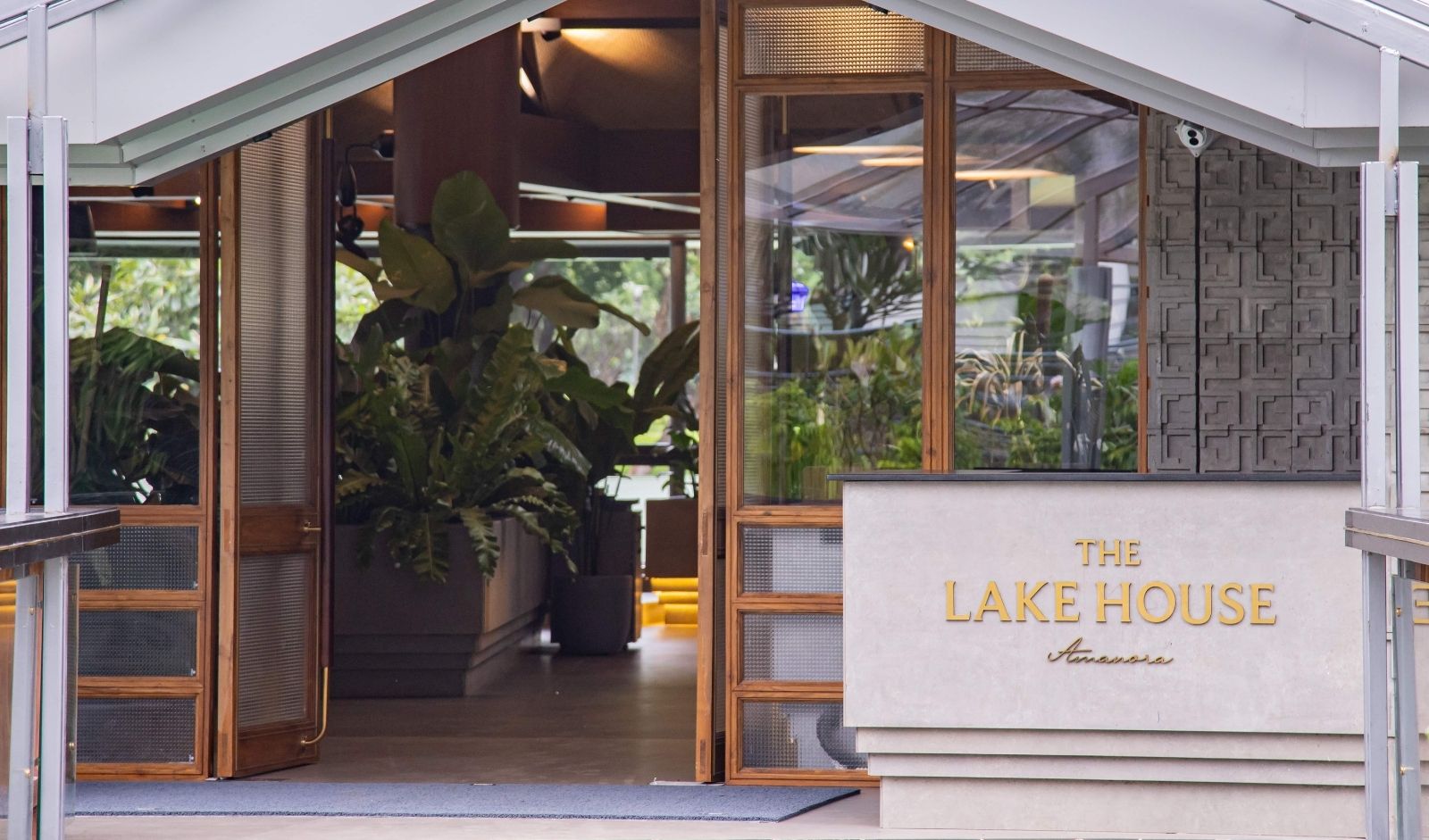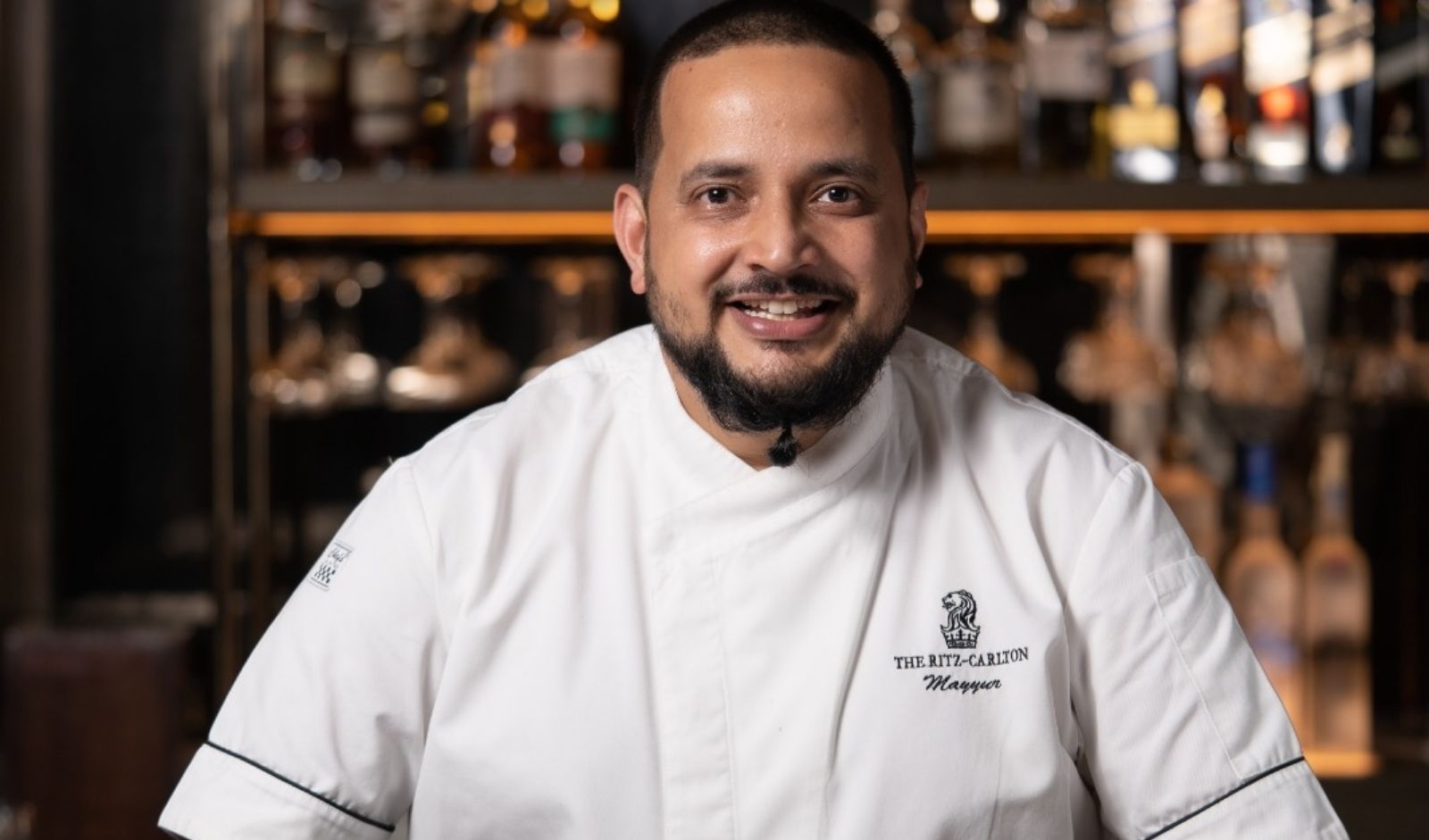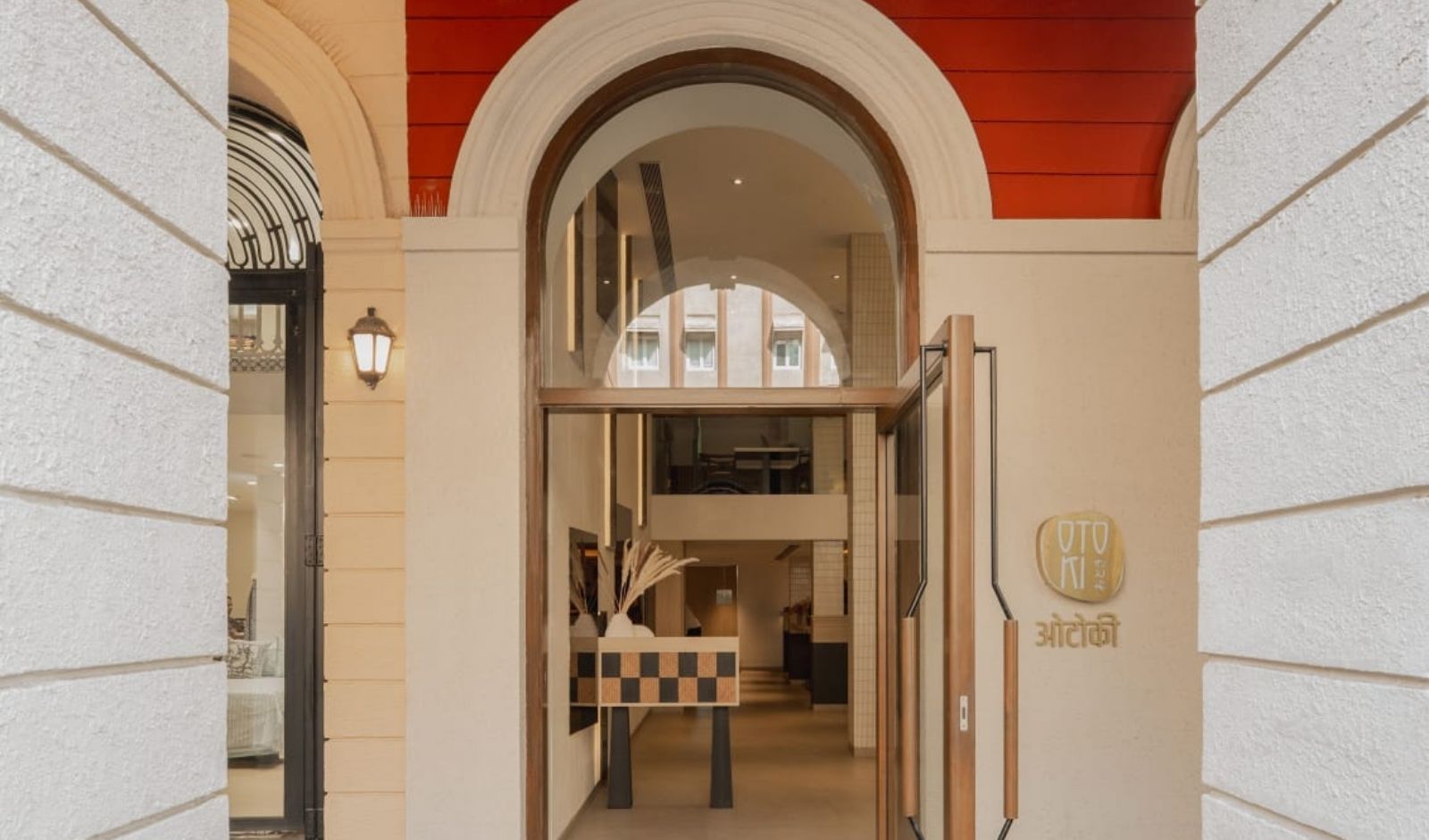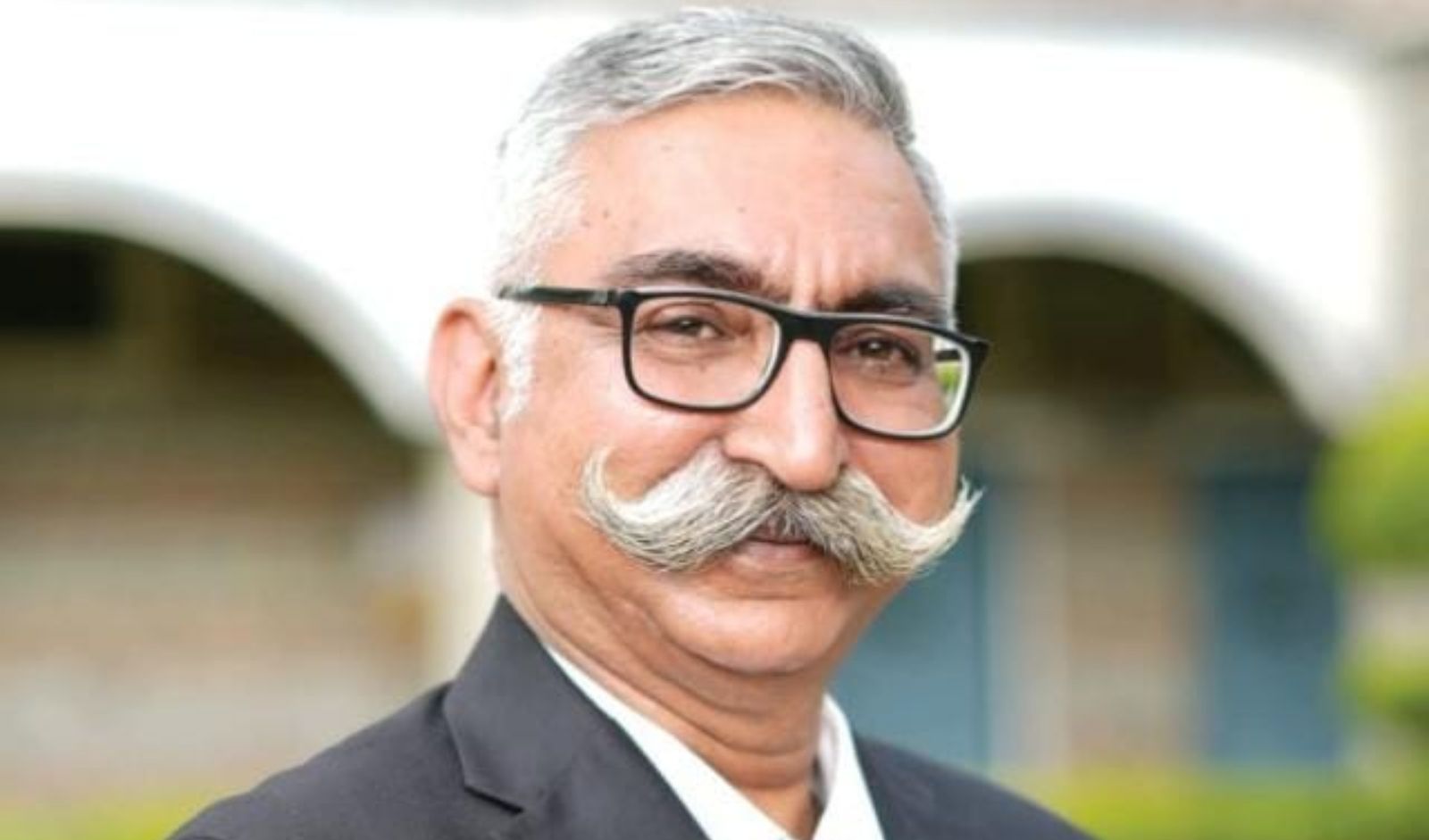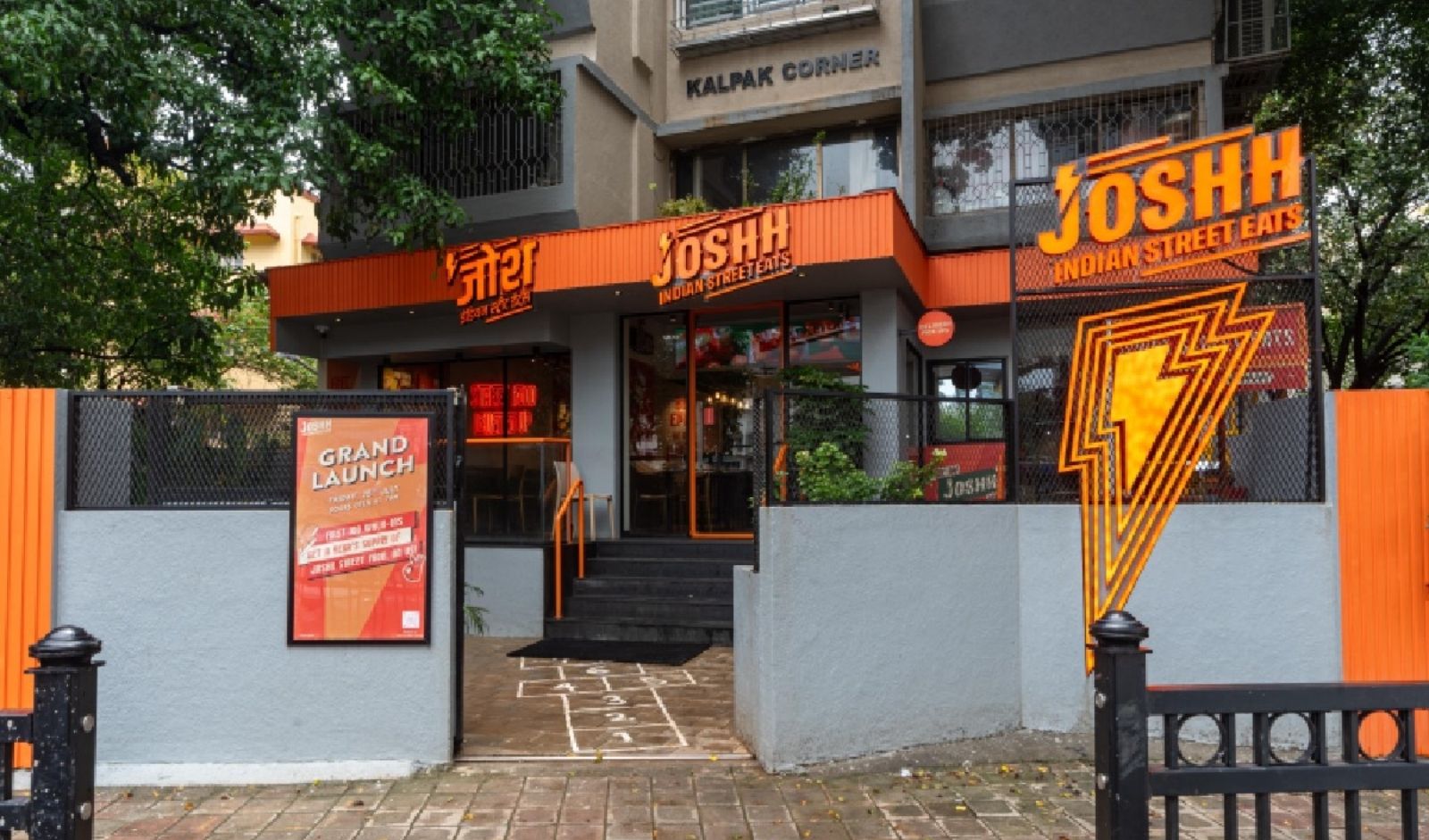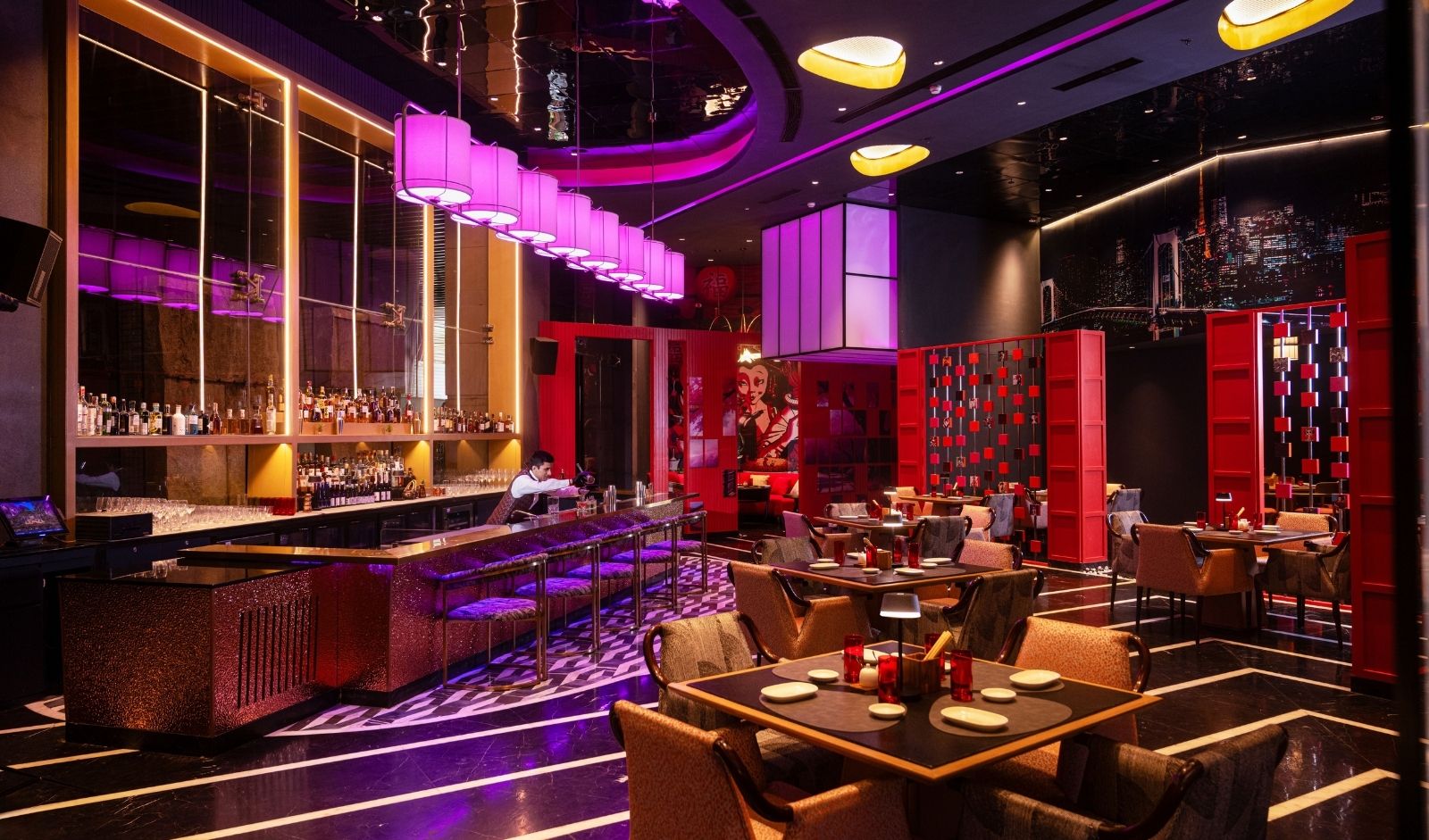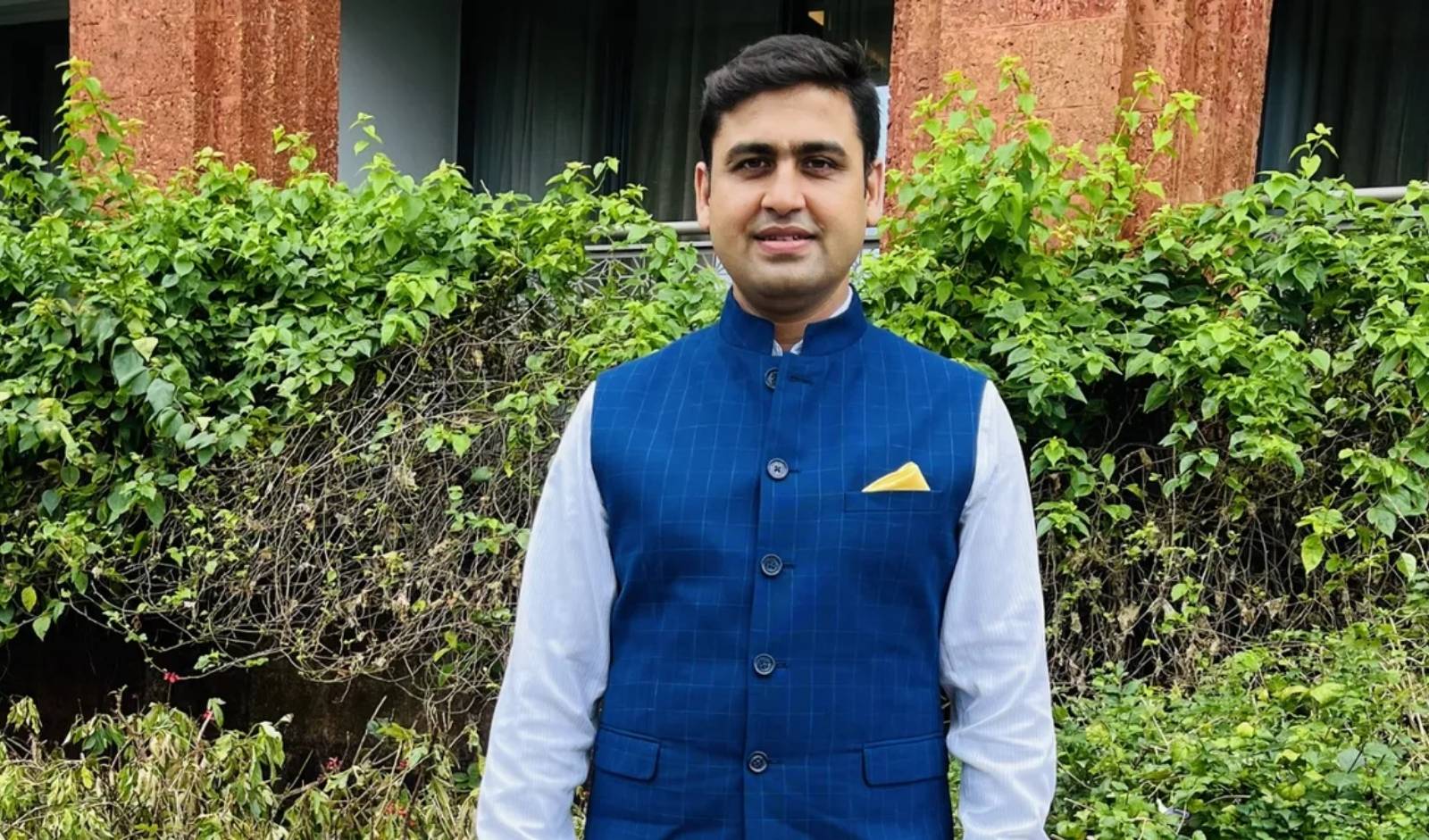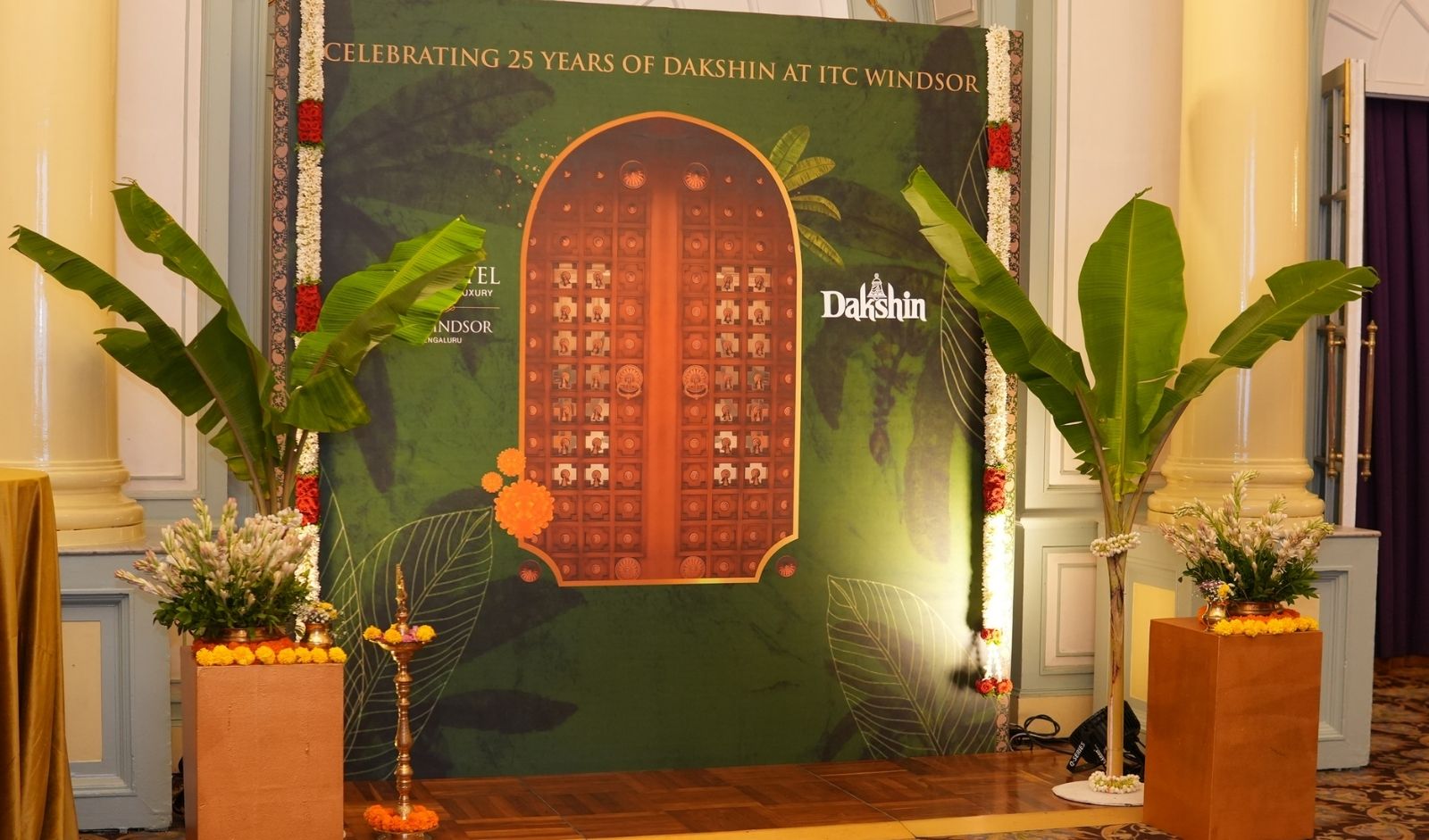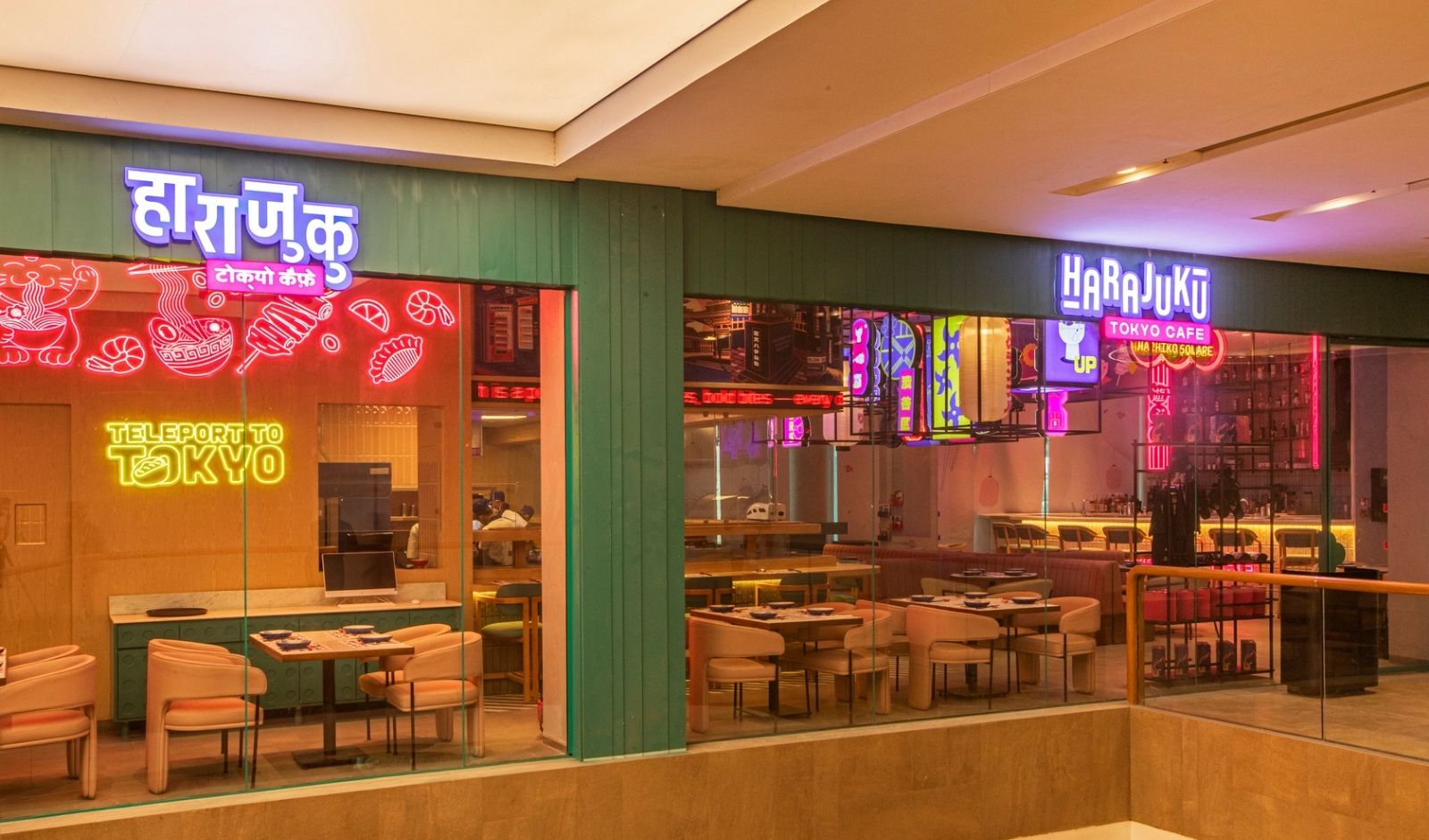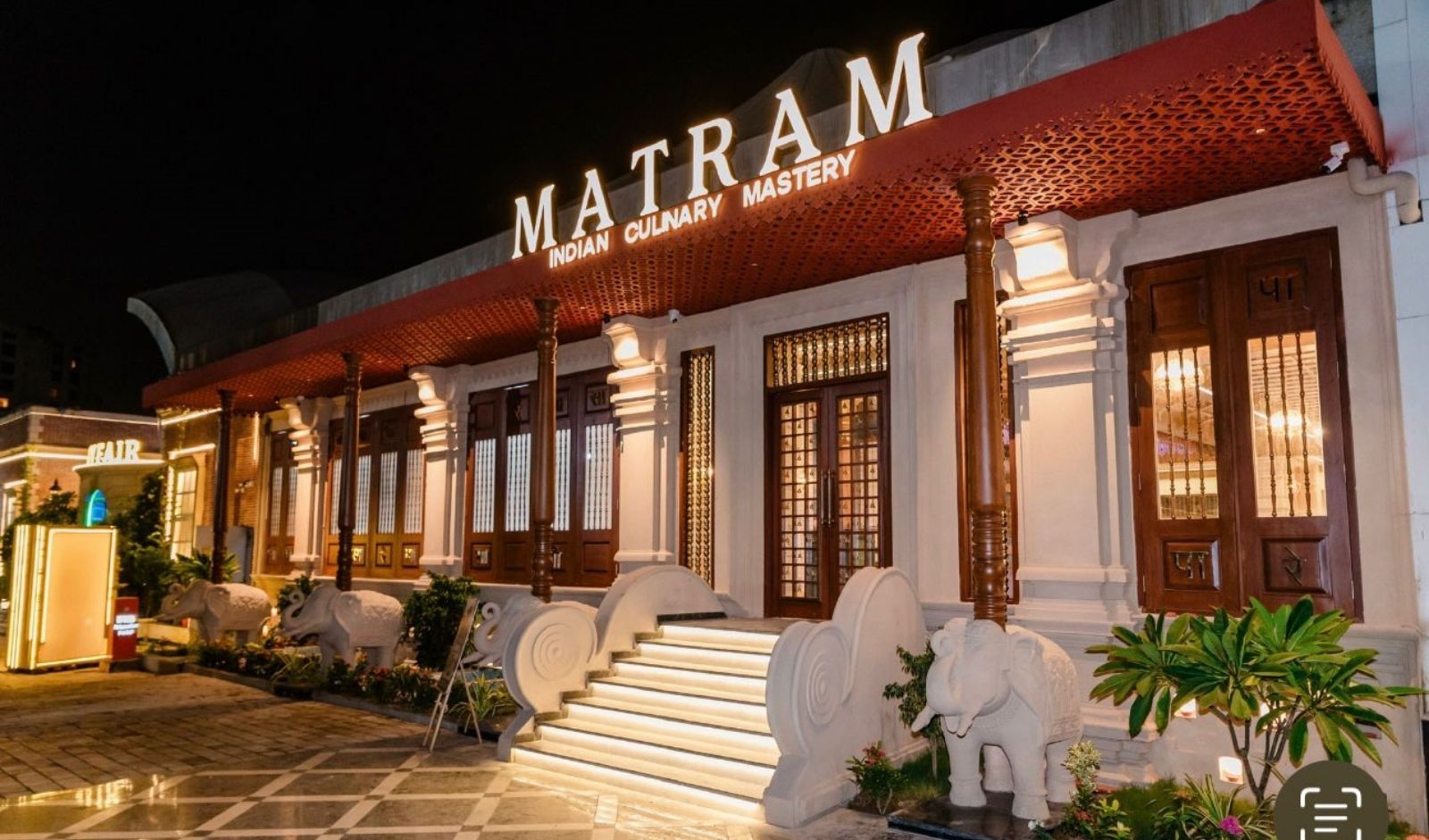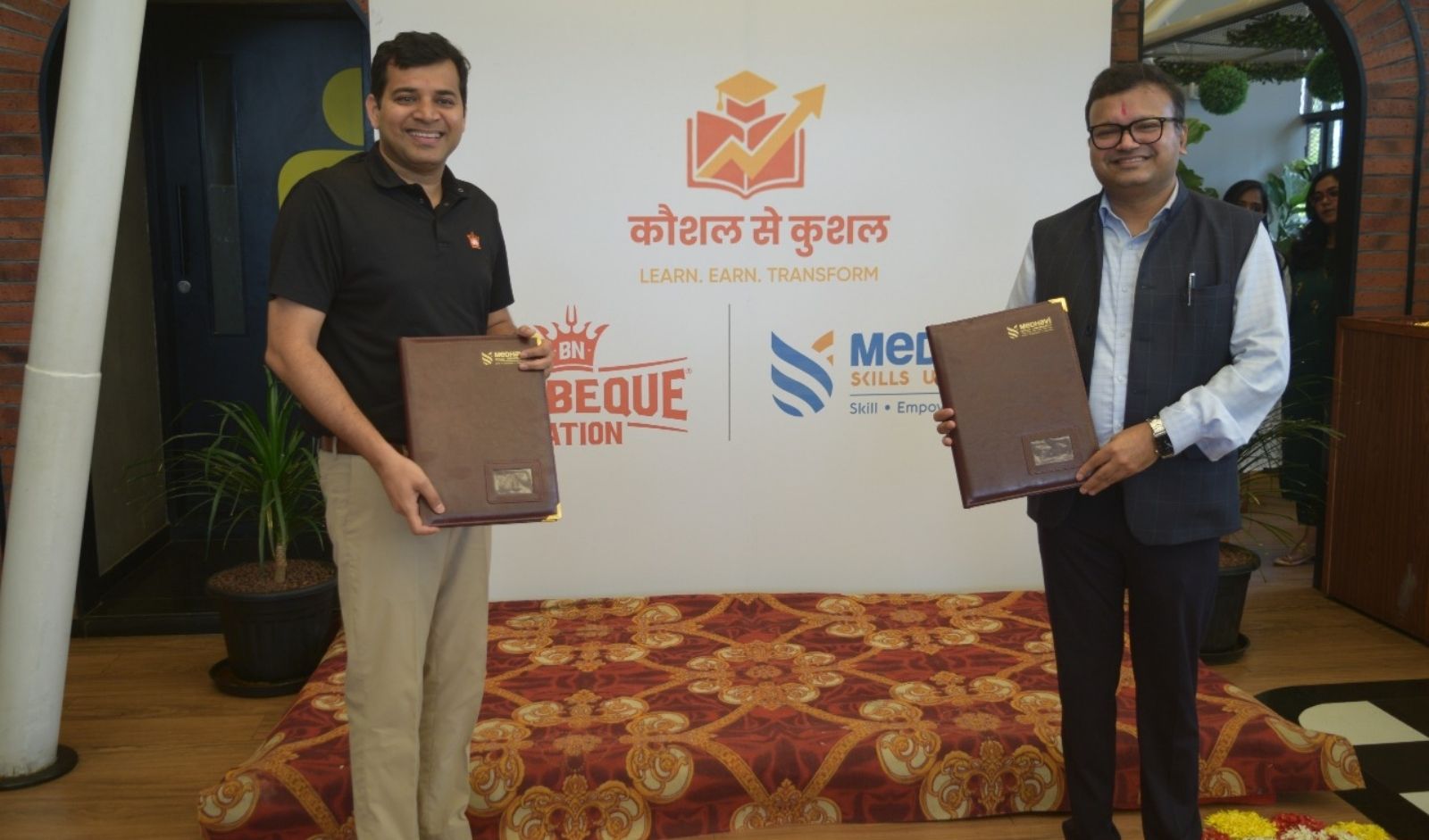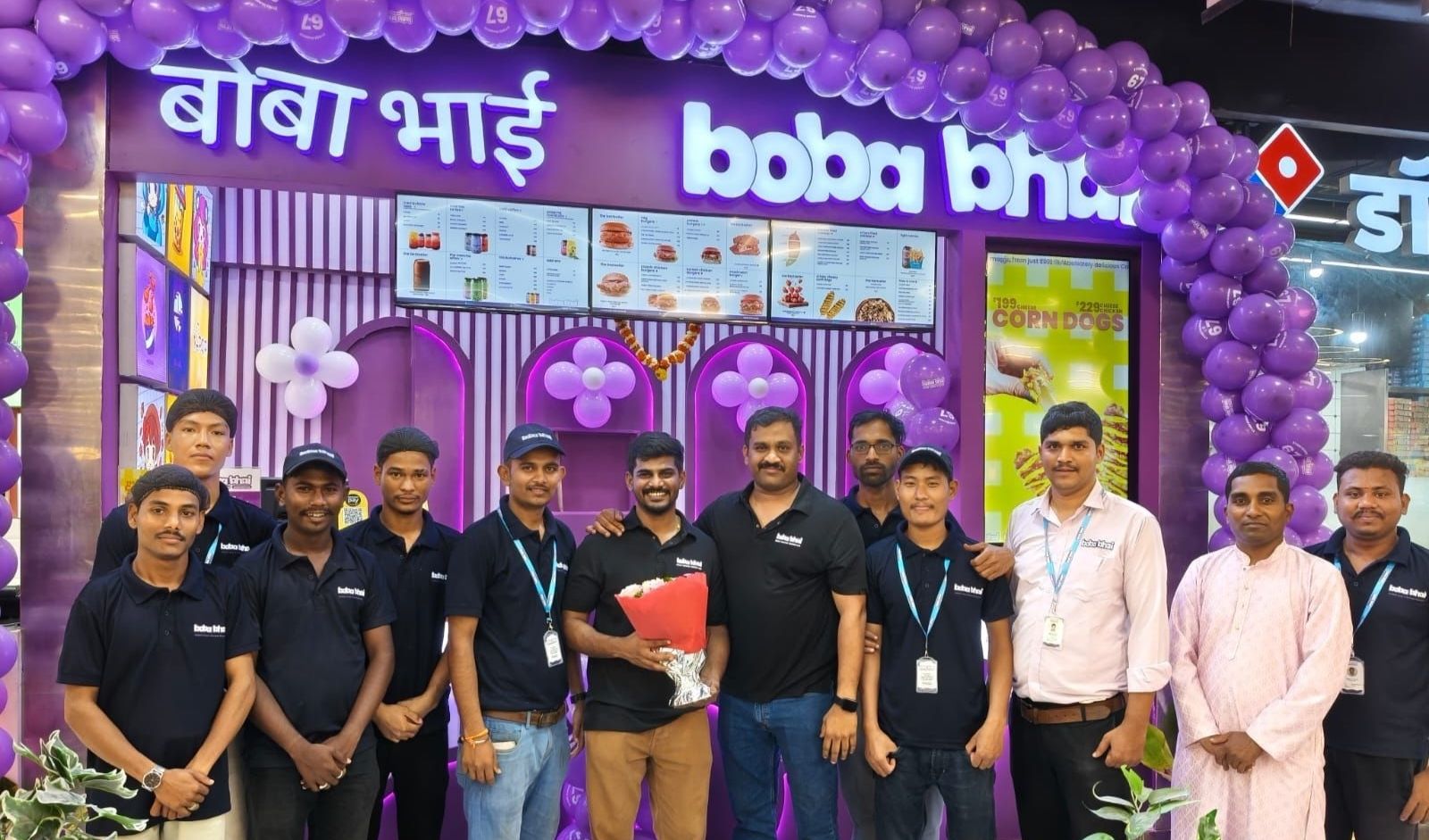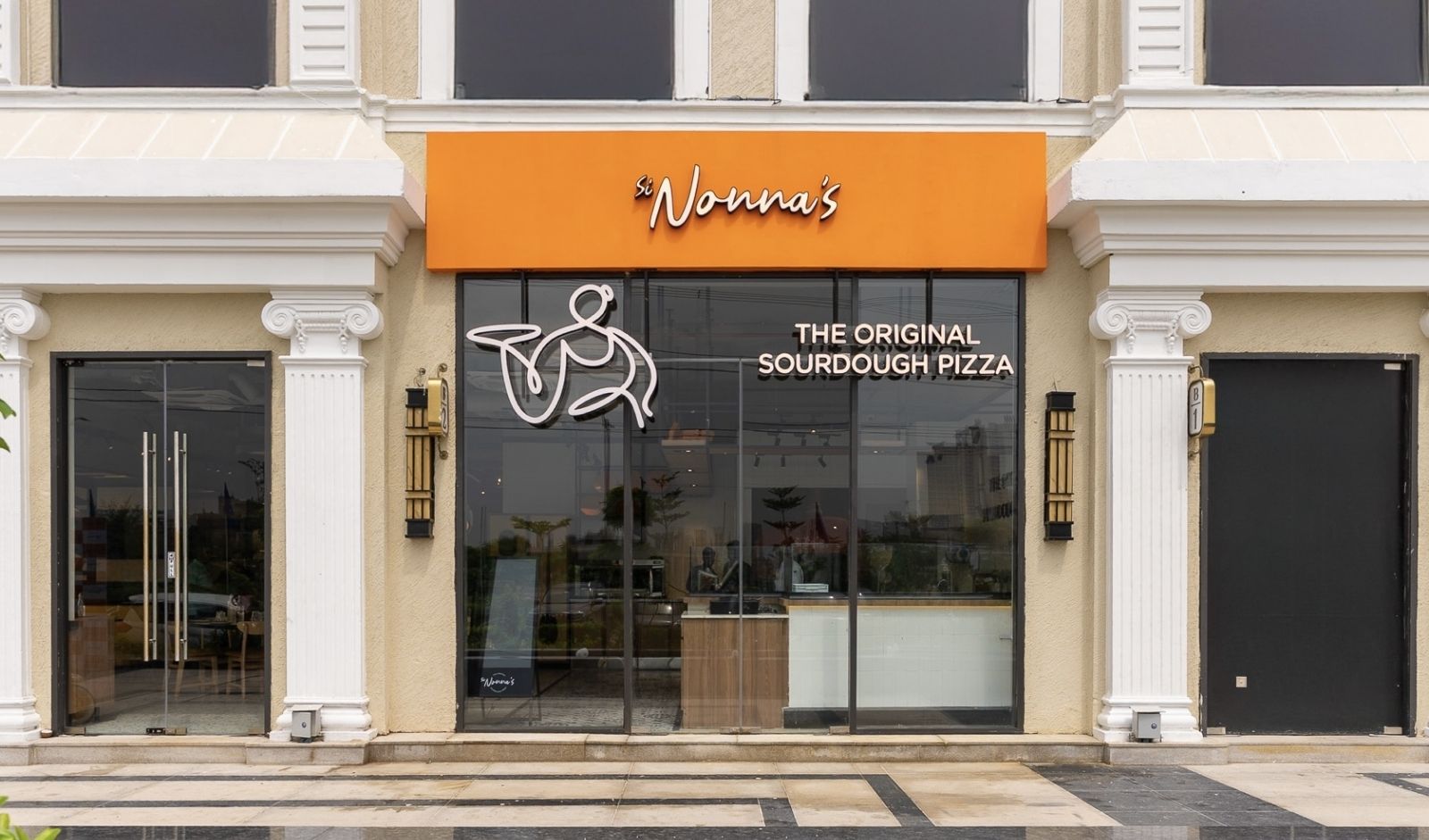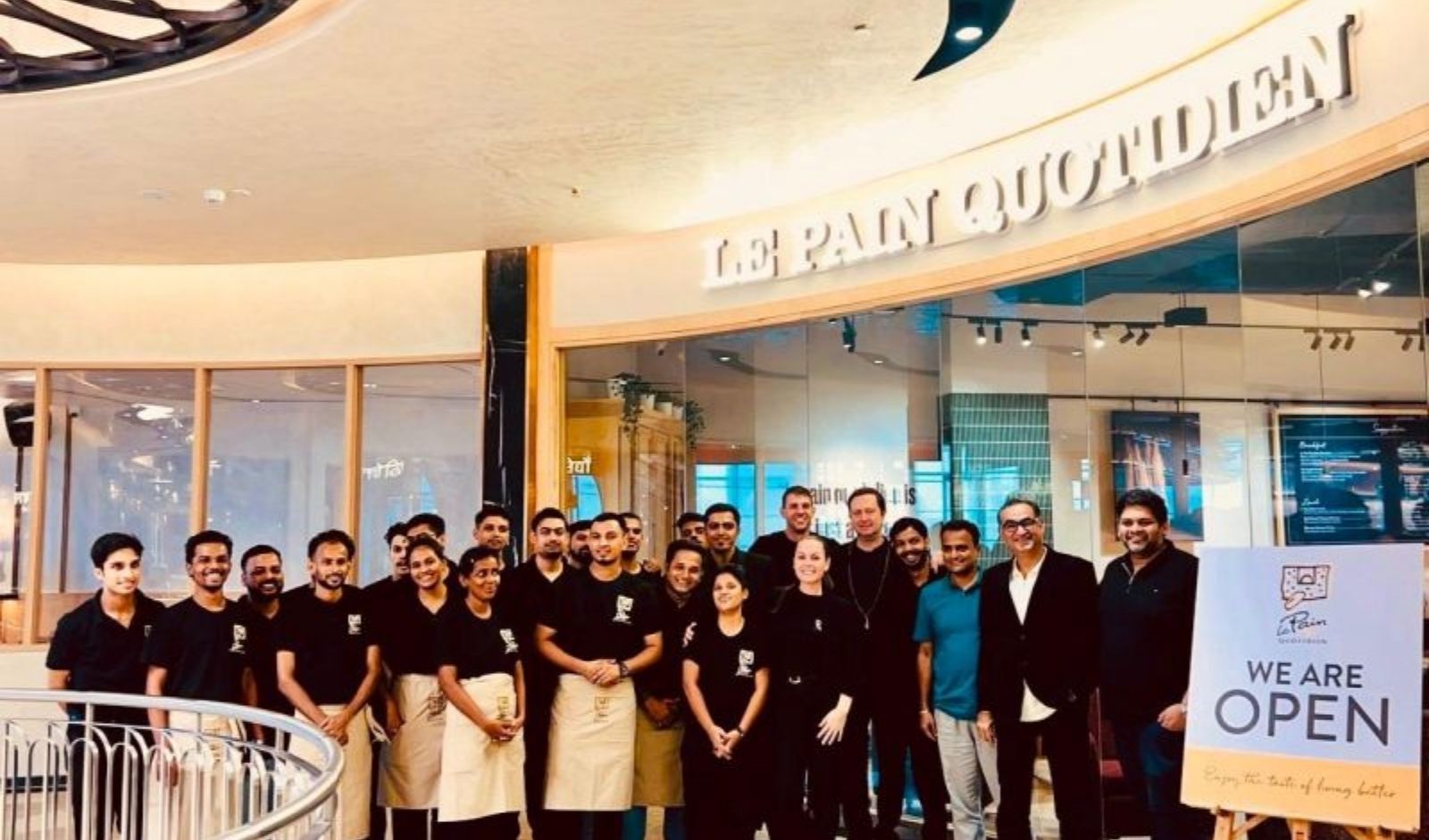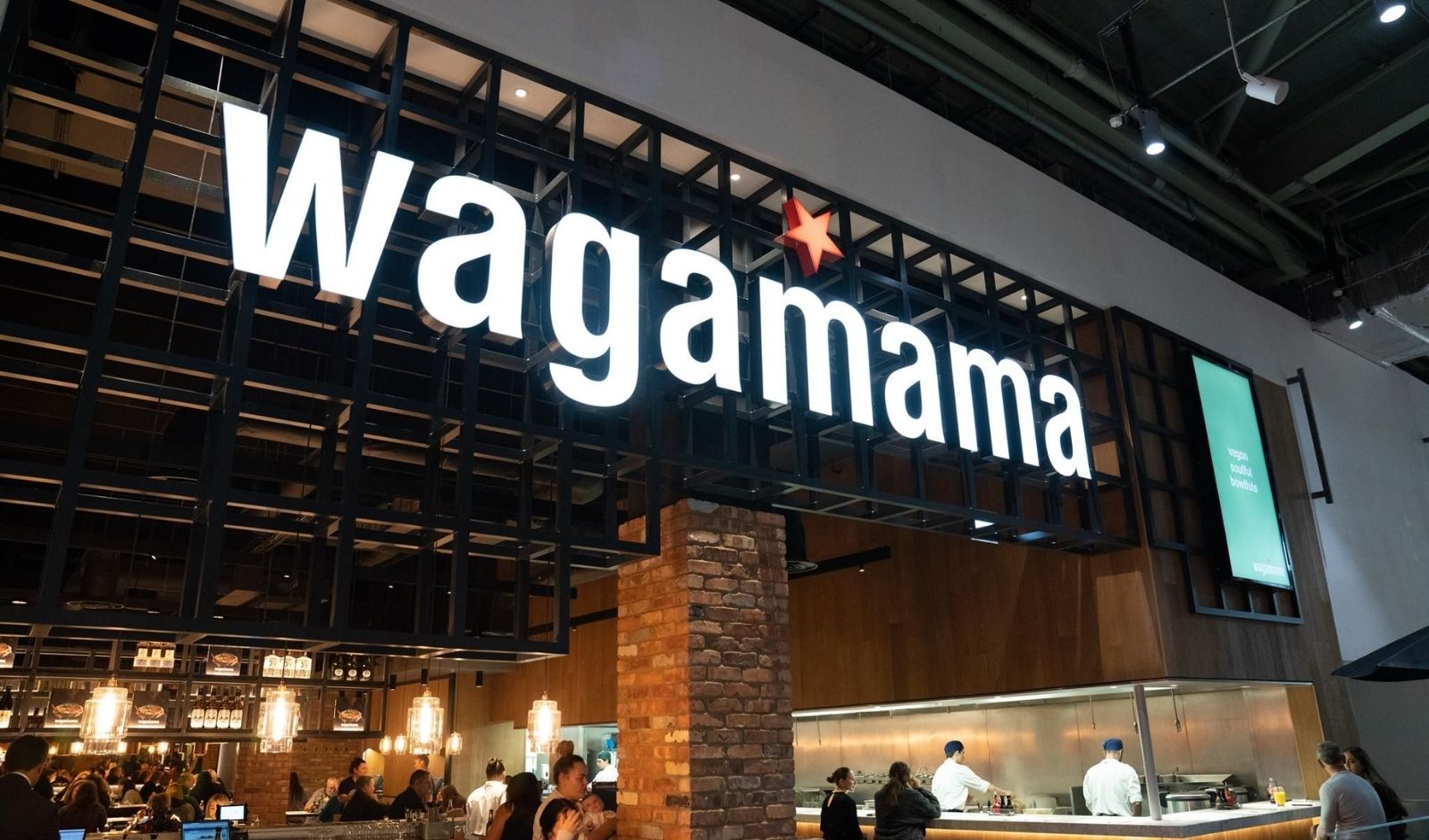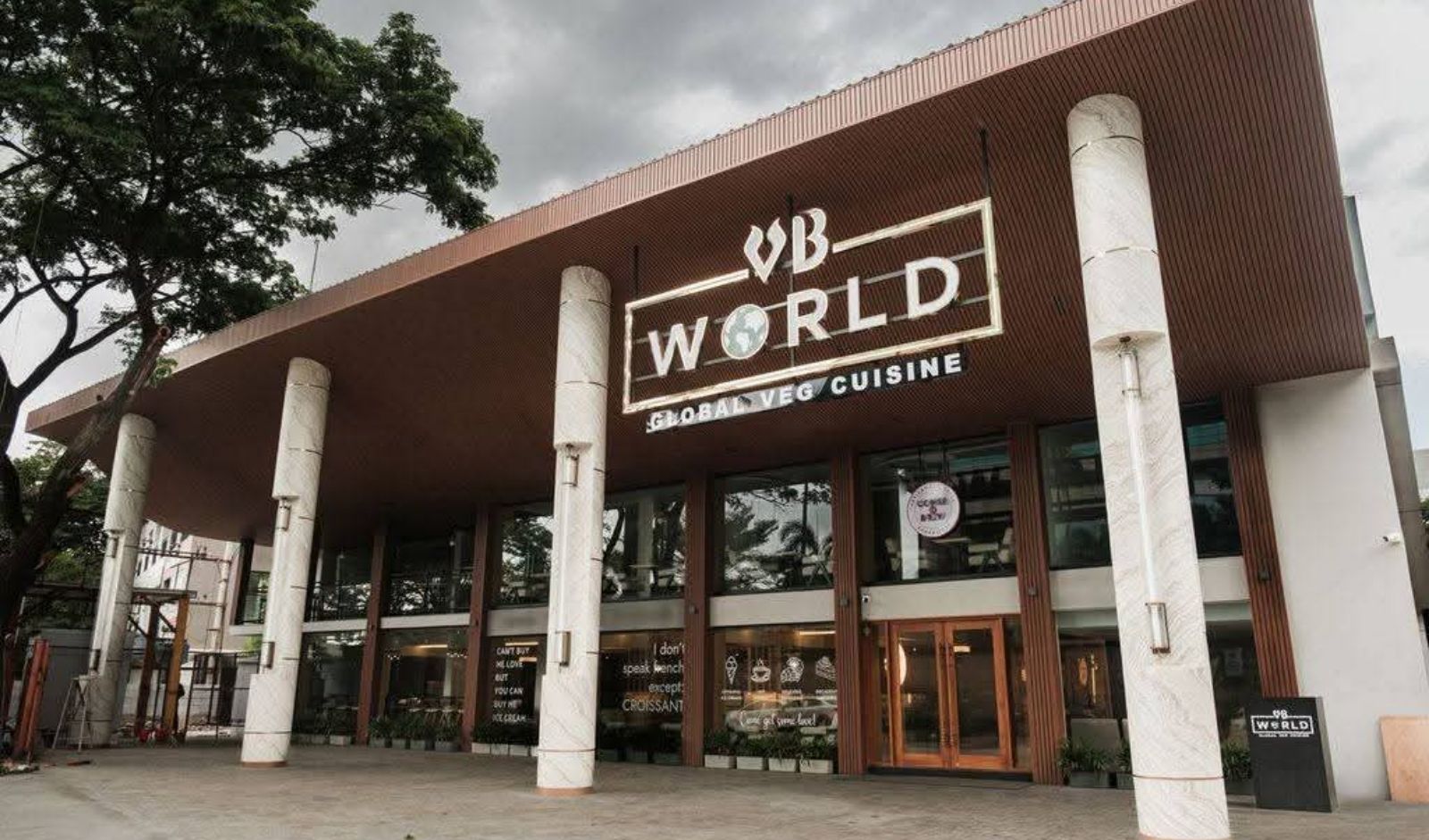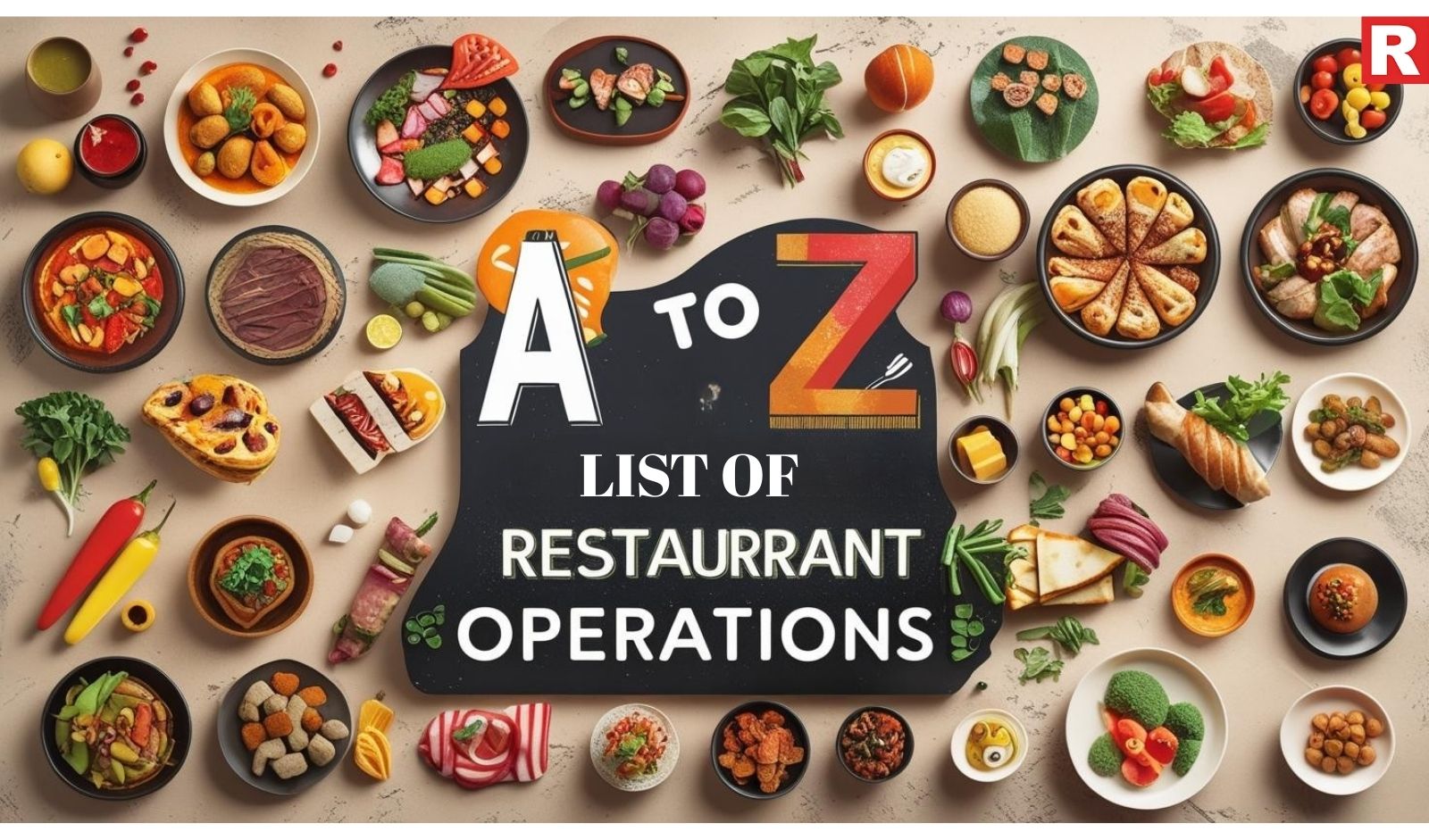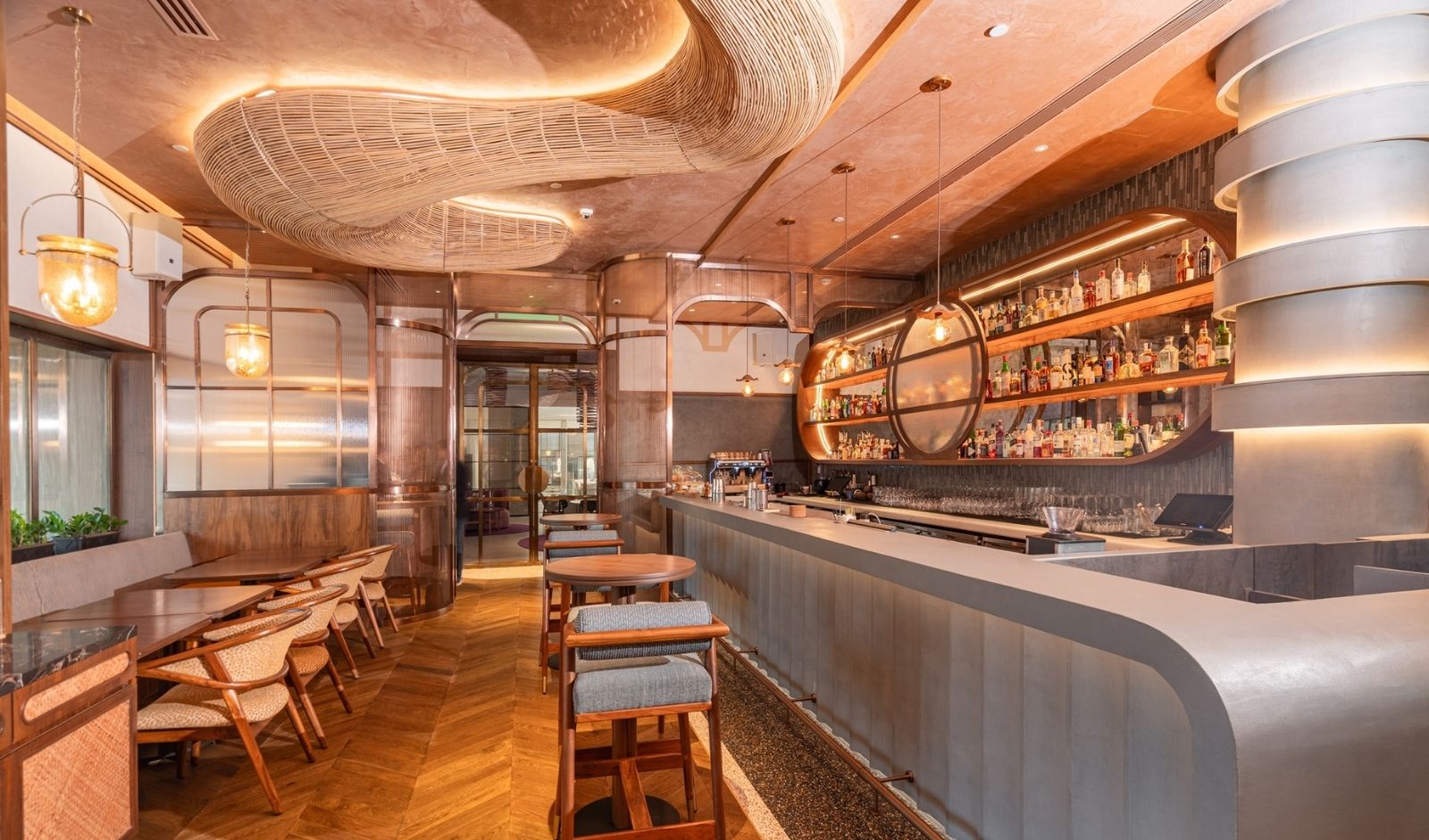
The Delhi High Court on Friday raised critical questions on the practice of restaurants and hotels levying a service charge on top of the prices already charged for food and beverages. The division bench, led by Chief Justice DK Upadhyaya and Justice Tushar Rao Gedela, asked industry bodies to explain why such charges were necessary when prices in menus were already higher than the maximum retail price (MRP) of products.
The court noted that in March, a single-judge bench had ruled that restaurants cannot impose service charges in a “camouflaged and coercive” way, calling it against public interest and an unfair trade practice. On Friday, the two-judge bench reiterated its concerns by pointing out discrepancies in pricing and billing practices. “When you are already charging more on MRP in the name of the experience why are you then levying a service charge?” the bench asked the counsel representing the National Restaurant Association of India (NRAI) and the Federation of Hotels and Restaurant Associations of India (FHRAI).
The judges further questioned the rationale of charging separately for services when higher menu pricing already includes the cost of ambience and facilities. “Providing an ambience for a certain kind of experience will not include the services you're providing? This we don't understand,” the bench observed. Citing an example of a Rs 20 bottled water priced at Rs 100 on a restaurant menu, the bench remarked, “And why are you quoting Rs 100 in your menu for a Rs 20 water bottle, without specifying that this 80 rupees extra is for the ambience you're providing? This can’t be like this. Providing the ambience will form part of the services being provided by you. Can you charge any amount over and above the MRP? And for the service you're charging, what's that 80 rupees for?”
The associations argued that service charges cover hospitality and the overall dining environment, but the bench countered with practical scenarios. “If a customer goes to your restaurant and sits there, orders a bottle of water. Only for this, you will charge a service charge? Then for what are you charging MRP? For example, you are providing a chair to them, you are giving them space, permitting them to spend time, for enjoying music played for you, for that you are charging a service charge?”
The central government supported the March order, calling the collection of service charges a “double whammy” for customers, who were also required to pay goods and services tax on the additional charge. The Centre’s counsel added that many restaurants continued to levy the fee despite the ruling, exercising what he described as “so-called sovereign power.” The bench responded that the issue lay in enforcement and advised the government to “strengthen your legal metrology department.”
Industry associations, however, maintained that the practice is transparent and voluntary. “My menu is an invitation to offer. The customer walks into my restaurant. There is no compulsion,” the counsel for the associations stated. The court has scheduled the next hearing for September 22, indicating its intent to reach a final decision rather than grant interim relief.

Fromage, Delhi’s newest Italian restaurant, has officially opened its doors, adding another dimension to the city’s growing global dining landscape. The restaurant is founded by chef Gopika Agarwal, whose culinary journey began at a young age and later took her to the United Kingdom before she gained hands-on experience in Italy’s kitchens. Years of practice, experimentation, and training led her to refine what she describes as the “perfect pizza dough,” shaping the foundation of the Fromage concept.
Gopika Agarwal, Chef and Founder, Fromage, said, “At Fromage, we wanted to craft an experience that goes beyond pizzas: a place where you can slow down, savor authentic flavours, and feel connected to the art of good food. It’s a celebration of Naples and New York on a plate.”
The menu reflects this philosophy with a focus on Italian classics presented with contemporary sensibilities. Guests can expect hand-stretched Neapolitan pizzas designed for balance in texture, alongside New York-style pizzas that highlight crisp crusts and generous toppings. Other offerings include fresh focaccia, house-made gnocchi, and a vegan marinara pizza crafted without cheese. The dessert menu features an Amalfi lemon tart, designed to capture the flavors of southern Italy.
Fromage also emphasizes design and sourcing in its positioning. The interiors combine Italian café-style warmth with modern touches, creating an atmosphere that is casual yet refined. While flour is imported directly from Italy to preserve authenticity, the restaurant is equally committed to sourcing ingredients locally to align with sustainability goals and appeal to the Indian palate.
For Delhi’s hospitality industry, Fromage represents the continuing demand for specialized, chef-driven concepts that focus on authenticity while adapting to local consumer expectations. Its dual homage to Naples and New York reflects a wider industry trend of combining global dining formats within a single experience.

Chowman, India’s leading homegrown Chinese dining brand, is celebrating its 15th anniversary this month with an ambitious expansion roadmap under Mission 2030, aiming to reach 100 outlets nationwide by the end of the decade. Founded in 2010 by musician-turned-entrepreneur Debaditya Chaudhury, the brand began as a modest 365 sq.ft. restaurant in Kolkata. Over the years, it has scaled to 37 outlets across Kolkata, Bengaluru, Delhi-NCR, Hyderabad, and Mumbai — all completely bootstrapped without external venture capital funding.
The brand’s growth has been shaped by a strong focus on consistency, technology, and consumer engagement. A centralized kitchen and structured chef training systems ensure that taste and quality remain identical across geographies. Its proprietary Chowman App has become a major driver of revenue, contributing more than 55 percent of overall sales and reducing reliance on aggregator platforms. The company has adopted a hybrid expansion strategy that balances dine-in outlets with cloud kitchens, enabling it to grow across both metros and Tier-2 cities. At the same time, Chowman has leveraged seasonal innovation with events like the Duck Festival and Oriental Seafood Festival, which have helped drive recurring demand.
Today, Chowman operates more than 37 outlets across five major Indian cities and employs over 2,000 people across operations, kitchens, and corporate teams. For FY 2025-26, the brand projects a turnover exceeding Rs 220 crore, further cementing its position as one of the most successful bootstrapped restaurant chains in the country. It also consistently ranks among the highest-selling brands in its category on leading food aggregator platforms.
Looking ahead, the next 18 months will see Chowman expand into new cities including Pune, Ahmedabad, Chennai, Chandigarh, Nagpur, Lucknow, and Bhubaneswar, while also deepening its presence in existing metro markets.
“Fifteen years is not just a milestone — it’s proof that a homegrown brand can scale nationally without losing its authenticity,” said Debaditya Chaudhury, Founder, Chowman. “We’ve built this brand to blend fine-dining quality with affordability, and that remains our compass for the next decade.”
As Chowman marks this milestone, its journey reflects how a bootstrapped brand can build national scale in India’s competitive casual dining sector by combining centralized operations, a tech-first delivery approach, and innovation designed to meet evolving consumer tastes.

The Leela Palaces, Hotels and Resorts has announced the launch of the Aujasya by The Leela Vitality Breakfast Menu, a new culinary programme designed to integrate wellness into the first meal of the day. Available across all The Leela properties from 10 August 2025, the offering has been curated by wellness expert Dr. Ankita Jalori and executed by The Leela’s chefs.
The menu is built on the principles of supporting gut health, improving energy metabolism, and strengthening immunity while incorporating Indian ingredients in a modern context. As part of Aujasya by The Leela, the brand’s signature wellness initiative, the breakfast menu is positioned as an extension of the company’s larger focus on vitality-driven experiences, spanning retreats, spa rituals, and cultural programmes.
Key inclusions in the menu reflect a mix of contemporary nutritional science and India’s food traditions. Items such as vegan ragi idli with coconut chutney, millet dosai with moringa-infused sambhar, and baked egg with spinach and tomato combine native grains, natural probiotics, and seasonal produce. Balanced macro- and micronutrient compositions have been emphasised, with specific pairings designed to optimise nutrient absorption.
Anupam Dasgupta, Senior Vice President Operations (North India), Head – Wellness, said, “At The Leela, we believe that true wellness lies in the thoughtful integration of nourishment, pleasure, and balance. The Vitality Breakfast Menu is our way of transforming a simple morning meal into an intentional, restorative ritual – one that honours India’s culinary heritage while embracing the rigour of modern nutritional science.”
Dr. Ankita Jalori added, “The Aujasya Breakfast is thoughtfully curated to nurture digestive health, which we believe is the cornerstone of overall wellness. Every dish is intentional—designed to deliver functional benefits while engaging the senses—because genuine nourishment should always be as joyful as it is healthful.”
The launch of the Vitality Breakfast Menu reflects The Leela’s broader strategy of linking luxury hospitality with wellness-led dining experiences. By positioning food as both functional and indulgent, the company aims to align with consumer demand for healthier, more conscious dining options within the premium travel and hospitality sector.

Dali & Gala’s experimental dining series A Night at the Museum is back, continuing its format of inviting chefs to step out of their kitchens and create freely on a blank culinary canvas. The next edition, scheduled for August 20, will feature Dina Weber of SAPA Bakery, known for her artisanal bakes, seasonal focus, and respect for culinary craft.
This collaboration shifts SAPA’s daytime identity into Dali & Gala’s after-dark setting, a surrealist cocktail bar that draws inspiration from Salvador Dalí and Catalonia, his birthplace. The evening’s menu references Les Dîners de Gala, Dalí’s cookbook that emphasizes indulgence over restraint. As Dalí famously wrote: “If you are a disciple of one of those calorie-counters who turn the joys of eating into a form of punishment, close this book at once; it is too lively, too aggressive, and far too impertinent for you.”
The multi-course menu will bring together classic Catalan flavors with theatrical presentation. Highlights include Spanish bread served with dill butter, Salade du Dumas with beetroot, celery, and potato in anchovy aioli, Pollo a la Catalan chicken leg slow-cooked with prunes and raisins, and Calcots—roasted leeks with romesco sauce and molten Camembert. Diners can also expect Mandonguilles (meatballs braised with squid in saffron almond tomato wine sauce), chicken liver paté with cognac cranberry jelly and hogaza toast, Mel I Mato with goat cheese, honey, walnuts, and toasted bread, and a finale of cherry panna cotta layered with cherry jelly.
A Night at the Museum positions itself at the intersection of food, art, and performance. With SAPA Goes Dark, the experience transforms into a sensory event that reimagines traditional dishes through a surrealist lens, blending storytelling, atmosphere, and culinary expression.

Wow! Momo Foods, India’s largest homegrown QSR brand, has appointed Nimish Chaudhary as its Chief Technology Officer (CTO) to accelerate its digital transformation and build future-ready technology platforms.
Chaudhary joins the company from Jubilant FoodWorks, where he served as Vice President of Engineering. At Jubilant, he played a key role in scaling technology operations and developing a next-generation food-tech platform. His contributions included building an in-house Android-based POS system and enabling a seamless omnichannel journey for customers.
With over 18 years of experience, Chaudhary has led large-scale digital programs, built high-performance engineering teams, and delivered enterprise-grade platforms across industries. At Wow! Momo, he will drive technology and product innovation with a focus on creating a multi-tenant, in-house food-tech enterprise platform to support the company’s current operations and future expansions, including international markets. His responsibilities also include enhancing customer engagement on the Wow! Eats app, modernizing store-level technology, and improving operational efficiencies across the brand’s growing footprint.
To support these objectives, Wow! Momo has set up the Wow! Tech Innovation Hub at the Google Campus, Signature Tower in Gurgaon. The hub will serve as a center for product and digital innovation.
Sagar Daryani, Co-founder and CEO, Wow! Momo, said, “We are delighted to welcome Nimish to the Wow! Momo leadership team at this pivotal phase of our growth journey. His rich expertise in scaling digital ecosystems and building innovative technology platforms will play a critical role in shaping Wow! Momo into a future-ready, digitally powered QSR enterprise.”
Chaudhary has previously held leadership roles at Publicis Sapient, where he managed the North America Financial Services portfolio, working with clients such as Goldman Sachs. His career also includes engineering leadership positions at Cisco Systems and Avaya Inc., where he managed large-scale technology programs across global markets. He is an alumnus of the Indian Institute of Management, Kozhikode (IIM-K).
“Wow! Momo is on an exciting trajectory, and I’m thrilled to be part of this journey. I look forward to driving technology-led innovations that enhance customer experience, optimize operations, and build scalable platforms supporting Wow! Momo’s aggressive growth ambitions in India and beyond,” Chaudhary added.

Conrad Bengaluru will present a three-day Burmese food experience from August 22 to 24, in collaboration with Dean With Us and Myanmar-born chef Phyu-Cyn, known professionally as Chef Goo Goo. The event will offer guests a curated menu that reflects influences from Yangon, Bangkok, and London, combining authentic Burmese flavors with a contemporary approach.
Dean With Us, founded by Akanksha and Rupali Dean, is recognised for creating cross-cultural dining events across Asia. This collaboration aligns with Conrad Bengaluru’s focus on offering globally inspired and carefully curated culinary experiences.
Chef Goo Goo, raised in Yangon, brings an Anglo-Burmese and Eurasian background to her cooking. Her career spans work in Myanmar and pop-up events in Paris, Bangkok, Goa, and Geneva. She is known for blending traditional recipes with modern techniques, using food to convey personal narratives and cultural identity.
Digvijay, General Manager, Conrad Bengaluru, said, “At Conrad Bengaluru, we take immense pride in offering our guests globally inspired experiences that push boundaries and spark creativity. Through this collaboration with Dean With Us, we are thrilled to bring a slice of Yangon to Namma Ooru with the extraordinary Chef Goo Goo, think of her as a culinary storyteller with a passport full of flavors. From tea leaf salads stirred with the heart of Myanmar, to mohinga brimming with ‘mettā’ and ‘cetanā,’ her dishes are not just food, they are a warm embrace. This collaboration is a love letter to global connections, creativity, and the power of food to spark conversation. For three days, we invite Bengaluru to taste her journey.”
The event will highlight Burmese cuisine in a progressive format, giving diners an opportunity to explore a lesser-represented culinary tradition through a global hospitality platform.

Brigade Hotel Ventures Limited (BHVL), the second-largest owner of chain-affiliated hotels and rooms in South India among major private hotel asset owners as of March 31, 2025, has reported strong year-on-year growth for the quarter ended June 30, 2025.
For Q1 FY26, portfolio revenue reached Rs 125 crore, up 22 percent from Rs 102.2 crore in Q1 FY25. EBITDA stood at Rs 41.8 crore, a 24 percent increase from Rs 33.6 crore a year earlier. Food and beverage revenue grew 32 percent year-on-year to Rs 43.9 crore from Rs 33.4 crore.
Bangalore and Chennai recorded RevPAR growth of around 12 percent and 13 percent year-on-year respectively, while GIFT City in Gujarat delivered approximately 44 percent growth, supported by demand from the IT and financial sectors. The company attributed performance resilience to disciplined rate management and event-driven demand capture despite seasonal and geopolitical challenges.
Nirupa Shankar, Managing Director, Brigade Hotel Ventures Limited, said: “Our Q1 performance reflects the strength of our diversified portfolio and our ability to navigate market challenges while capturing new opportunities. With disciplined pricing, strategic market positioning, continued focus on optimising operating costs and a sharp focus on guest experience, we have sustained growth momentum across key markets. The improved performance in GIFT City and the rapid ramp-up of ibis Styles Mysuru demonstrate our agility in tapping high-growth segments.”
The company’s F&B revenue growth underscores its continued investment in enhancing dining experiences across its portfolio. BHVL’s portfolio is now fully EDGE-certified (Excellence in Design for Greater Efficiencies), a green building standard by the International Finance Corporation (IFC). This certification reflects over 20 percent reduction in energy and water usage, along with lower embodied carbon in materials.
Following its IPO, BHVL plans to add nine new hotels and double its key count over the next four to five years, funded through IPO proceeds and operating cash flows. Growth is expected to be driven by sustained corporate travel, MICE events, festive season demand, and the growing “bleisure” travel segment. Domestic travel remains the primary focus, with inbound tourism showing steady recovery.

Indy, a Delhi-based bar, has rolled out a new five-cocktail menu from August 6, 2025, combining Italian mixology traditions with Indian flavour profiles. The offering is positioned as a curated selection rather than a seasonal rotation, reflecting a focused approach to product development.
The menu opens with Kaapi Boulevard, which pairs coffee whisky with Aperol and vermouth rosso for a bittersweet, layered profile. Martini Indyana reinterprets the martini by adding Aperol, orange bitters, olive brine, and smoked spices to gin, creating a complex balance of citrus, brine, and aromatics.
Patan Green offers a variation on the Negroni, incorporating pandan leaf into the standard gin, sweet vermouth, and Campari combination. The pandan introduces an earthy note without moving away from the drink’s recognisable bitter base.
Two spritz options round out the list. Amber Spritz combines Aperol, mandarin, prosecco, and berries, while Gondhoraj Limoncello Spritz highlights the aromatic Bengali lemon with limoncello and prosecco. Both are designed with added depth compared to standard spritz serves.
This menu marks a deliberate move by Indy to explore cross-cultural flavour integration, targeting consumers interested in premium, concept-driven cocktails. The selection remains available for a limited period, offering a snapshot of how Italian and Indian influences can be combined in contemporary bar programs.

Indo-Chinese food has long been a popular choice for Indian diners, from quick street-side snacks to casual restaurant meals. Despite its widespread appeal, the category has often lacked consistency in quality and execution. Chennai-based MAPO aims to change that with a structured, quality-focused business model.
MAPO offers a concise menu featuring popular dishes such as chilli paneer, Manchurian, momos, and noodles. While the food is familiar, the operational approach is process-driven. All sauces are prepared in-house, momos are rolled daily, and every dish is wok-tossed to order.
The brand currently operates three outlets in Chennai, including its flagship on TTK Road, and is planning further expansion. The focus is on a streamlined format that works equally well for dine-in, takeaway, and delivery, ensuring customers receive a consistent experience across channels.
With over three decades of F&B experience, the founding team has kept the model simple: maintain high quality, deliver efficiency, and meet customer demand without overcomplicating the menu.
Industry observers see MAPO as part of a growing wave of organised players in the Indo-Chinese segment, bringing systemisation to a category that has historically been fragmented. With a loyal customer base in Chennai and plans to scale further, MAPO is positioning itself to build a strong presence in the casual dining and quick-service markets.

Indian Craft Brewery (ICB) has announced the appointment of Kunal Joshi as its new Business Head. With over 20 years of experience in the hospitality and F&B industry, Kunal will lead ICB’s operations and expansion strategy as the brand enters its next stage of growth.
In his role, Kunal will oversee the complete business operations of ICB’s flagship 2-acre brewery in Bengaluru, which has a seating capacity of 1,500. He will also lead the brand’s taproom expansion and develop its multi-vertical growth initiatives.
Kunal Joshi said, “Craft beer is more than just a beverage – it is a celebration of storytelling, community, and passion. These are values I have always resonated with and ICB brings them to life in the most authentic way. I am thrilled to join a team that is so committed and dynamic and I look forward to contributing to the next chapter of this remarkable journey.”
Kunal’s career includes leadership positions at Hard Rock Cafe India, V&RO Hospitality, Sidecar India, and Krispy Kreme. His expertise spans launching high-volume outlets, managing cross-functional teams, and driving revenue growth across different formats and geographies. While at Hard Rock Cafe India, he played a key role in post-pandemic recovery and oversaw the launch of five new outlets.
Gopichand, Founder, ICB, said, “Kunal’s appointment comes at a time when ICB is entering a new phase of growth and experimentation. His deep understanding of operations and guest experiences, coupled with a proven track record in scaling hospitality brands, makes him the ideal partner to help us realise our long-term vision. We are excited to have him on board.”
Kunal is an alumnus of IHM Goa with a Diploma in Hotel Management. He also holds a BA from Delhi University and a Diploma in Business Management from IMT Ghaziabad.
Industry observers note that this leadership change aligns with ICB’s strategic focus on operational excellence, market expansion, and enhancing consumer engagement in India’s evolving craft beer segmen

Jumboking Foods, a leading company that operates India’s largest vegetarian QSR chain, has entered the restaurant market, offering limited seating in its own efficient way. India’s restaurant format market is projected to grow at a CAGR of 11.28% between 2025 and 2030. Defined by dine-in seating, table service, and diverse food-and-beverage menus, this segment spans a wide range—from burger and pizza chains to Pan Asian eateries and health-focused cafés.
Jumboking specializes in a diverse range of vegetarian burgers designed for the Indian palate. Its steadfast commitment to going fully vegetarian makes it a clear standout, with customer surveys ranking it as the preferred destination for meat-free burger lovers.
"Jumboking has received great love from customers at their on-the-go locations where the brand's focus was on convenient takeaway food. As the aspirations of our customers and thus that of our brand increases, we are now providing a 'restaurant' format with limited seating for 20-24 people at multiple locations. The response has been beyond our expectations. Customers say that 'seating was the one thing that they missed at Jumboking'. Hence, for every 100 QSR format, on-the-go location stores, we believe that an additional 100 stores can be accommodated, in the restaurant format,” said Dheeraj Gupta, Founder and MD of Jumboking Foods.
“We have noticed that in the next generation there is an increased awareness and the younger ones are choosing vegetarianism with pride,” added Gupta.
Jumboking runs 200+ QSR-format outlets across Mumbai, Bangalore, Hyderabad, and Delhi, strategically placed in high-traffic zones near malls, shopping hubs, offices, and colleges. The brand is steadily expanding its dine-in presence to cities like Pune, Ahmednagar, Nashik, Nagpur, Lucknow, and Jaipur.

Kikli by Chef Amninder Sandhu opens in Connaught Palace in New Delhi. Set in a restored heritage site in Connaught Place, Kikli is a heartfelt tribute to the fading traditions of Punjabi kitchens—where food was ritual, resilience, and gift. It celebrates simpler times: eating and making bread together, a culture that’s warm, inclusive, and full of life.
Inside, bold colours, Phulkari motifs, North-Western emblems, and vibrant art create an unpretentious yet striking ode to Punjab. From the kitschy charm of roadside dhabas to the swagger of bhangra, Kikli captures Punjab’s spirit for a new generation.
Designed by Ariane Ginwala, the space draws on subtle cultural codes—chowk-poorana mudwork on walls, phulkari-inspired textiles, and mixed-material flooring reminiscent of old verandahs. The restaurant flows through three zones: a leafy courtyard with open kitchen, a cosy indoor hall, and an intimate bar. Every corner borrows from Punjab’s grand havelis, serene gurdwaras, and traditional homes—blending nostalgia with fresh, modern energy.
“There are so many Punjabi restaurants, but it’s all so disconnected from how Punjabis eat at home. Kikli is a celebration of the lesser-known food of Punjab. It is a celebration of the love with which Punjabis cooked and fed such vibrant, heirloom recipes the rest of the country hadn't even heard of. It is a celebration of recipes that go beyond the usual suspects. It is a celebration of a region where food brought families and communities together,” said Chef Amninder Sandhu
For Kikli, she’s travelled across the state to source not only recipes but tools, vessels, and techniques — including handmade sarbloh iron bartans for slow cooking langar-style daals, kunda clay pots for grinding chutneys, and vintage tools from Amritsar’s pittal market. Many of these items are now integrated into Kikli’s kitchen and design — others will be part of its upcoming merchandise line.
“At some point, I realised I wasn’t just gathering recipes. I was witnessing a culture that feeds not to impress, but to honour. And I felt a responsibility to carry it forward. I want Kikli to become a reference point for future chefs. A living record,” added Chef Sandhu.
Refreshing bases like Aam panna, ganne ka ras, lassi, and thandai are transformed into delicious foundations for hand-crafted beverages. Salts born from authentic Punjabi masala mixes delicately rim revitalised picantes. While small plates and all-day items offer perfect snacking companions to the alcoholic offerings, Kilki’s larger spaces readily welcome hearty family dining.

Burma Burma, India’s only speciality Burmese cuisine restaurant and tea-room, has opened its third Mumbai outlet at Gourmet Village in Palladium Mall, Lower Parel. Founded in 2014 by restaurateurs and childhood friends Chirag Chhajer and Ankit Gupta under Hunger Pangs Pvt. Ltd., the new restaurant is the brand’s 15th location across the country.
Spread across 2,888 square feet with a seating capacity of 106, the new outlet draws design inspiration from ancient Burmese caves. The interiors aim to reflect the depth and texture of Burma’s cultural landscape while maintaining a balance between heritage and contemporary elements.
The new location introduces a small plates menu featuring bold flavours in a more compact and exploratory format. This marks a shift toward a more experimental offering, aimed at giving customers a wider variety of tastes in one sitting. Complementing the food is a Zero-Proof Cocktail menu, a non-alcoholic beverage list curated to pair well with the strong umami profiles typical of Burmese cuisine. This beverage direction reflects growing consumer interest in alcohol-free dining experiences while maintaining a premium feel.
Additionally, the outlet features a kombucha and bubble tea bar, catering to evolving beverage trends among urban diners. These additions reflect the brand’s effort to diversify its offerings and appeal to a younger, health-conscious audience without compromising on authenticity.
Desserts have also received a reimagining under the new section titled ‘The Sweet Life’, where traditional Burmese dessert inspirations are integrated with global techniques. These new dishes are designed to extend the dining experience beyond the main course, offering a refined end to the meal.
Burma Burma’s expansion into Palladium Mall is seen as a strategic move to strengthen its presence in a high-footfall, premium retail environment. The restaurant’s entry into the Gourmet Village aligns with a broader trend of F&B brands targeting luxury retail spaces to access a more affluent and experience-driven customer base.
With its newest location, Burma Burma continues to position itself as a key player in the niche ethnic cuisine segment, offering a non-alcoholic, vegetarian dining experience rooted in traditional Burmese culinary practices while adapting to modern preferences.

Nukkad Cafe & Bar has opened its fourth location, this time in South Delhi’s Greater Kailash II (GK II), M Block Market. The new outlet continues the brand’s approach of blending casual dining with nostalgic themes — in this case, retro gaming — while offering familiar food and drink selections that cater to a wide audience. The GK II outlet features interiors inspired by classic video games, complete with murals and a Mario video game installed at the bar. The design aims to create a relaxed, immersive space that connects with customers through shared cultural references from the 90s.
The menu includes signature offerings such as Matka L.I.I.T., Banta cocktails, and locally inspired Tharra. Food options include crowd-pullers like Gunpowder Chicken Tikka, Anda Parantha, and Pao Bhaji Sliders — a combination that reflects both nostalgia and mass appeal.
Live music is part of the daily operations, with performances scheduled 360 days a year. This consistent entertainment format is intended to enhance footfall and extend dwell time during both weekdays and weekends.
“At Nukkad, we’re reviving memories and bringing people together over great food, creative drinks, and the unforgettable vibe of the 90s,” said Kanishk Tuteja, Founder, Nukkad Cafe & Bar.
With outlets currently operating in Delhi and Dehradun, the brand positions itself as a neighbourhood-friendly destination focused on community, casual ambience, and culturally resonant food and beverages.

Bengaluru-based pizzeria Brik Oven has introduced a new menu innovation—a 100 percent whole wheat sourdough pizza crust—available at no additional cost for dine-in customers across all 10 of its outlets in the city. The new offering aligns with growing consumer interest in alternative bases that maintain both taste and nutritional appeal.
The new crust is fermented over a 72-hour period and cooked at high temperatures using Brik Oven’s standard method: wood-fired ovens delivering blistered and crisp results. The product development process reportedly took several months of testing to ensure the base retained Brik Oven’s signature light texture while offering a denser, more robust flavor profile.
“The whole wheat crust gives our guests another way to enjoy the pizzas they already love—just with a slightly different flavour and feel,” said Anirudh Nopany, Co-founder, Brik Oven.
The updated menu now features the new crust option across a range of existing popular pizzas. This includes the Pepperoni pizza with mozzarella and tomato sauce, and Bird in Hand—a roast chicken and blue cheese combination with red chilli. Vegetarian options include the Massive Vibe with spinach, sun-dried tomatoes and mushrooms, and the Stracciatello featuring confit cherry tomatoes, basil pesto, and fresh stracciatella cheese.
The crust expansion is in line with Brik Oven’s brand ethos of using high-quality, minimally processed ingredients such as handmade mozzarella and San Marzano tomatoes, while also responding to customer demand for fuller, more balanced options.
“We know a lot of our guests are looking for options that feel a little more balanced, without giving up on taste. This whole wheat crust is our way of offering that,” added Sreeram Anvesh, Co-founder, Brik Oven.
The new crust is available for both dine-in and delivery from all Brik Oven locations in Bengaluru: Indiranagar (HAL 2nd Stage), HSR Layout, Bellandur, Palace Road, Church Street, Sarjapur, Manyata Tech Park, Whitefield, Kanakapura Road, and Koramangala.

The Piano Man has introduced an Experiential Dining Menu at its Eldeco Center, Malviya Nagar outlet, with plans to extend the offering to its 32nd Avenue, Gurugram and Safdarjung Enclave, New Delhi outlets.
This new menu focuses on delivering a multisensory dining experience that incorporates taste, visuals, aroma, textures, and sound. The dishes combine global influences with reworked versions of classic comfort food.
Key items include Reconstructed Tom Kha, a new version of the Thai soup; Buckwheat and Morel; Sushi Tacos; Edamame and Truffle Dimsum; Heston’s Fish and Chips; Truffle Chicken Kiev Reinterpreted; Ratatouille with Raja Mirchi Cornbread; and Spicy Miso Black Cod. For dessert, the menu features Baklava Cheesecake and Tropical Tres Leches.
The beverage program has also been updated with options designed to complement the menu. Highlights include Pisco Sour, Penicillin, Truffle Negroni, and Fat Wash Cocoa Old Fashioned.
Chef Manoj Kumar Pandey said, “Food at The Piano Man has always been a form of expression. With this menu, we are inviting diners to rediscover comfort and experiential food in unexpected ways through visual storytelling, bold flavour twists and a tactile experience that stays with you long after the last bite. This is not just food, it is a curated moment; a feast literally for the senses. Each drink is designed to pair with the food and The Piano Man is now serving from glass to plate.”
The brand’s focus is on encouraging diners to slow down, explore new formats, and experience the connection between food, drink, and live music.

Rameshwaram Café, known for its South Indian offerings, has launched a new concept outlet called Thirtha on Cunningham Road in Bengaluru. The outlet, designed as a pure vegetarian quick service restaurant, focuses on North Indian cuisine. Spanning 2,000 sq. ft., it combines a live tandoor counter with a compact service format. The interiors follow a simple design with cultural influences aimed at efficiency and comfort.
Thirtha targets a wide mix of customers, from older diners to millennials and Gen Z. The menu includes dishes such as Rich Rice Bowls, Vada Pav, Bun Maska Chai, Pahadi Maggi, Tari Poha, and Berliners. Millet-based options like Quinoa Upma, Millet Rice, and Millet Khichdi have been added to meet demand for health-conscious meals. Beverages include Vietnamese Cold Coffee, Poha Milk, cold-pressed juices, and standard espresso-based coffees.
Raghavendra Rao, Co-Founder and CEO, The Rameshwaram Café, said, “Indian cuisine is a reflection of our diverse geography and rich history. After building a strong South Indian brand, we wanted to represent the other half of India’s food story. Thirtha is a natural extension of that vision — it’s where the warmth of North Indian flavours meets the pace and energy of today’s India.”
Divya Raghavendra Rao, Co-Founder and Managing Director, The Rameshwaram Café, added, “Thirtha has been created with a lot of heart. It’s a space that respects tradition but is unapologetically modern. Every dish, every element of the space is designed to spark joy, whether it’s someone grabbing a quick bite or sitting down to a nostalgic meal. We’ve poured the same love and precision into Thirtha that made The Rameshwaram Café what it is today.”
The brand has deployed a 150-member team to operate the outlet. After establishing its South Indian dining model, the company now plans to scale Thirtha to other cities over time.

Baskin Robbins, the American ice cream and dessert brand that operates the largest QSR ice cream chain in India, is again offering its 31 percent discount on the 31st of the month. The offer is available across parlours nationwide and has become a regular calendar event for the brand in India.
The concept of 31 percent off is linked to the company’s long-standing “31 flavours” idea, originally designed to give customers a different flavour for each day of the month. The promotion was first introduced internationally during Baskin Robbins’ 70th anniversary to highlight its variety. Over the years, the offer has evolved into a monthly feature for customers and was later adopted in India.
Today, with more than 1,000 parlours in India, Baskin Robbins has made this offer a part of its recurring engagement strategy. Popular items such as Mississippi Mud, Cotton Candy, and limited-edition flavours are included in the offer, covering sundaes, scoops, and shakes.
“The 31% Off on 31st isn’t just an offer—it’s a brand ritual rooted in joy, nostalgia and the simple magic of flavours,” said Aleesha Desai, General Manager – Marketing, Baskin Robbins India. “It’s one of the longest-running promotions for the brand, globally and in India, and reflects how a simple idea, when done consistently, can become a symbol of loyalty and love. Through this, we stay true to our heritage while continuing to delight a new generation of dessert explorers.”
The brand sees this offer as an important touchpoint for maintaining loyalty while appealing to both long-time and new customers. It also underscores Baskin Robbins’ approach of using brand heritage as a base for modern retail engagement.

Malaka Spice, a well-established Pune-based restaurant brand with outlets in Koregaon Park and Kharadi, has introduced a new Malaysian menu to mark its 28th year. Known for its focus on Southeast Asian flavours, the restaurant has built a reputation for drawing inspiration from Malaysia, Indonesia, and other parts of the region.
The new menu focuses on Malaysia’s multicultural food traditions, particularly those of Chinese Malay and Indian Malay influences, commonly referred to as Peranakan or Nyonya cuisine. The menu was developed in collaboration with Chef Gayatri Desai of Ground Up, alongside Malaka Spice chefs Shailendra and Madhu.
According to the team, the inspiration for this menu comes from Penang’s local street markets and Kopitiams, reflecting recipes that have been passed down through generations. The approach includes the use of traditional recipes combined with fermentation, pickling, and layered spice blends to create dishes with depth.
“As we mark 28 years, we wanted to offer something that’s both nostalgic and fresh. Collaborating with Gayatri was a natural choice — her mastery of fermentation and pickling brings a technique-forward approach that perfectly complements Malaka’s warm, comfort-driven identity,” said Ilvika Chandawarkar, Research and Business Development, Malaka Spice.
Chef Gayatri added, “This collaboration is an exploration of cultures that feel both distant and deeply familiar. We’ve created a menu that honours heritage while inviting curiosity—each plate is a nod to tradition with a Ground-Up twist.”
The restaurant continues its farm-to-table sourcing strategy, using produce from its own Cherish Farms and working with local suppliers. “For us, farm-to-table isn’t just a trend—it’s a commitment to quality, sustainability, and community. We like to know exactly where our ingredients come from and how they’re grown. It allows us to serve food that’s fresher, more flavourful, and made with integrity, while also supporting the people and practices that preserve our land and food systems,” said Praful Chandawarkar, Owner, Malaka Spice.
Highlights from the new menu include:
- Rojak Salad: Street-style fruit salad with toasted coconut and spicy tamarind dressing
- Asam Laksa: Vegetarian interpretation of seafood laksa with tomato, galangal, turmeric broth, pineapple, charred tomato, Vietnamese coriander, and lemon basil
- White Laksa: Crab and shrimp-based laksa
- Ayam Bakar: Grilled chicken with beansprouts, lettuce, and tamarind dipping sauce
- Malaysian Fried Chicken: Belachan-inspired chicken marinated in shrimp butter sambal and raw mango, finished with a toasted rice and kaffir lime seasoning
- Egg Custard: Steamed egg tofu with kaffir lime, ginger, and soy; served with crispy poha
- Jackfruit Rendang: Rendang with raw jackfruit
- Kaya French Toast: Kaya jam-stuffed shokupan made into French toast
- Tapioca and Dark Jaggery: Tapioca with kaffir lime-infused coconut milk and dark jaggery caramel
The menu is available at both Malaka Spice locations in Koregaon Park and Kharadi. Tasting menus, pairing suggestions, and curated experiences are part of the offering during the anniversary period.

Ishaara, a modern Indian restaurant, has introduced a new menu called The Gourmet Begum as part of its ‘swaad’ initiative. The concept focuses on bringing back dishes and cooking methods from the traditional kitchens of Awadh, presenting them in a contemporary format for Mumbai diners.
The menu has been curated by Sunnaeya Kapur, a member of a royal family from Lucknow. It focuses on ingredients and recipes that are no longer commonly used. Each dish has been reinterpreted with modern techniques while maintaining the original flavors. The menu features dishes such as Arbi ke Shaami, Galawat Kebab, Kofta-e-Gulnar, and Lassun ki Kheer.
Ishaara has also worked on the interiors and presentation to complement the menu. The dining experience has been designed with minimal yet regal elements, keeping a focus on visual and cultural references. The lighting, decor, and table presentation have been planned to create an atmosphere connected with Awadh’s royal heritage.
“The Gourmet Begum deeply aligns with the core philosophy of Ishaara of reviving the long-lost cuisine of India,” says Prashant Issar, Managing Director, Bellona Hospitality. “Through this special experience, we are presenting a royal cuisine that once graced the royal kitchens of Awadh directly to our customers. It’s about bringing the traditional food back into the memories that are meant to be experienced and celebrated.”
This initiative marks another step in Ishaara’s broader approach of reviving less familiar regional cuisines. The new menu offers an opportunity for guests to experience recipes that have rarely been brought into modern restaurant dining.

On the outer edge of Amanora, The Lakehouse by Amanora brings a distinct dining concept built on the edge of a private lake. Spread across 10,000 sq. ft., the venue is surrounded entirely by water, giving it a rare level of quiet in an urban setting. The design by architect Faizan Khatri of FKD Studios focuses on simplicity, using natural materials that change with time.
Materials include lime-washed walls that naturally age, reclaimed teak wood with visible grains and marks, and native brass accents that develop a softer look with handling. Textures are deliberately natural, with cane, raw wood, and linens forming much of the interior feel.
Lighting plays a key role. Large wooden-framed windows bring daylight across the interior. After sunset, soft and even lighting takes over without any single bright source. The result is a space where shadows and light create balance.
The layout is open, designed to move easily from indoor seating to an outdoor deck. The deck projects over the lake and works as a spot for coffee, mid-day meals, or evening drinks. Inside, the lounge uses muted earthy colors with greenery placed throughout the space. Seating is arranged in small groups to accommodate both individuals and small gatherings.
The bar area is positioned facing the lake. The counter is stocked with backlit bottles and bar stools that allow an unobstructed view of the water. Smaller sections of the restaurant are planned for privacy, with some seating areas built into alcoves with greenery, and others next to large windows. Background music is kept low to maintain a quiet setting.
“The architecture doesn’t shout for attention. It waits for you to settle. Then, slowly, it begins to speak,” says Faizan Khatri, Architect, FKD Studios, describing the intent behind the space.
The overall approach at The Lakehouse is to create a slower-paced dining experience. The space is designed to reflect its natural surroundings rather than dominate them. Herbs from the kitchen garden are used in dishes, with their scent contributing to the environment. The restaurant positions itself as a place to spend time rather than a quick dining stop, with the setting allowing guests to move away from urban distractions for a few hours.

Ventive Hospitality Limited, a publicly listed hospitality company supported by Panchshil Realty and Blackstone, has appointed Mayur Tiwari as Associate Vice President – Food & Beverage & Culinary.
In this leadership role, Tiwari will be responsible for developing the company’s culinary vision, setting strategy for food and beverage operations, and implementing innovative dining concepts across its portfolio. He will also work on mentoring teams to maintain high standards and consistency across all properties.
Tiwari has more than 18 years of global experience in hospitality and has held senior roles at several international hotels including The Ritz-Carlton Pune, JW Marriott Singapore, JW Marriott Hanoi, Weligama Bay Marriott Resort & Spa, Grand Hyatt Seoul, and Hyatt Regency Mumbai. His background includes work in markets such as Korea, Dubai, Singapore, and Vietnam, which has built his expertise in regional flavours, operational management, and sustainable practices.
Ranjit Batra, CEO, Ventive Hospitality Limited, said, “We are delighted to welcome Mayur to Ventive Hospitality. His global perspective, leadership acumen, and strong track record of culinary innovation will play a vital role in shaping our next chapter. With Mayur at the helm of our F&B strategy, we are poised of setting new benchmarks in guest engagement and experiential dining across our properties.”
This appointment supports Ventive Hospitality’s focus on strengthening its leadership as the company grows in the premium hospitality segment.

Otoki, the Japanese dining restaurant in Colaba, Mumbai, has announced the launch of a lunch-focused menu called “The Art of Lunch.” The new service introduces a distinct approach to midday dining, positioned as a lighter and more structured alternative to its dinner offerings.
The lunch menu is shaped by the Japanese concept of washoku, which emphasizes balance, seasonality, and harmony in food. Each dish is planned to highlight freshness, measured flavours, and precise plating techniques.
Chef Mohit Singh, who has worked at Kikunoi Honten in Kyoto, Indee in Bangkok, and Boury in Belgium, has designed the menu. It includes Wan Mono (soups), Kozara (small plates) such as Agedashi Tofu and Katsu Fish Sando, nigiri and maki rolls, ramen, bento boxes, and donburi bowls with both vegetarian and non-vegetarian options. Plating follows the moritsuke style, where colour, texture, and arrangement are given equal weight to flavour.
“The lunch menu at Otoki is an experience completely distinct from dinner,” says Chef Mohit Singh. “Japanese lunch has its own rhythm - gentler, more composed, and focused on clarity of flavour. It’s an invitation to pause, savour, and experience the everyday soul of Japanese cuisine.”
Anurag Katriar, Co-Founder, Otoki, explains, “Lunching at Otoki is about creating a pause in the middle of a busy day. We wanted to bring a sense of calm, beauty, and intention to the afternoon, where every plate reflects quiet craftsmanship, and the space invites you to slow down and truly enjoy your meal as you educate yourself about a different culture.”
Pranav M. Rungta, Co-Founder, Otoki, adds, “The Art of Lunch reflects our vision of elevating the everyday. We wanted to offer Mumbai something that blends timeless Japanese principles with artistry and innovation. Otoki isn’t just about eating - it’s about experiencing.”
The restaurant’s interior design aligns with its lunch concept, using natural wood, soft lighting, and ceramic tableware to create a minimalist and calm atmosphere suitable for solo diners, business meetings, or informal gatherings.

Merwans, the Mumbai-based bakery chain with a history spanning over nine decades, has announced the appointment of Deepak Tandon as Head of Operations for South India. This appointment is part of the company’s strategy to build its presence in the southern markets.
The brand, established in 1930, has expanded from a single bakery in Mumbai to more than 40 franchise outlets across Mumbai Metropolitan Region, Pune, and Bengaluru. Its portfolio includes over 150 bakery products such as cakes, pastries, cookies, breads, khari, savoury snacks, and other items. In 2023, Merwans set up a modern production facility in Hoskote and opened its first southern flagship store in Jayanagar, Bengaluru. Additional outlets and expansion into other cities are planned.
Deepak Tandon is an alumnus of IHM Dadar, graduating in 1984. His career began at the Taj Intercontinental, Mumbai, in the bakery and confectionery division. He is recognised in the industry for his technical knowledge and focus on product quality. During his earlier association with Merwans, he was instrumental in developing products such as Closed Pizza, Butter Surti, and Chicken Garlic Pattice, which remain part of the menu.
In his new position, Tandon will be responsible for overseeing production, quality control, retail operations, and identifying growth opportunities for Merwans in South India. His work will focus on maintaining product consistency, building scalable processes, and creating innovations aligned with regional preferences.
Tandon said, “It is a privilege to be part of Merwans’ growth journey in South India. Few brands command the kind of love, trust and loyalty that Merwans does. I am excited to contribute to its next chapter and help bring the same warmth and taste to new markets, while also introducing a new range of products suited to the local palate. At its heart, Merwans carries a legacy of feeding every stomach, guided by the belief that no one should go to sleep hungry. It has always been about making good food accessible to all, without compromising on taste or quality.”

JOSHH, a new Indian quick service restaurant brand, is entering Mumbai’s Bandra market on Friday, 25 July. The opening weekend includes an offer where the first 100 guests will receive free street food for a year.
The brand has been developed over the past three years with a focus on modernising popular Indian street food. The Bandra outlet is positioned as a space for quick dining throughout the day, offering breakfast, lunch, snacks, dinner and late-night options.
The menu features dishes such as chole with bhatura variations, shake-shake bhel served in bags, spiced idli pops, chilli cheese and thecha cheese benne dosas, dahi papdi chaat in a glass, slushies, iced filter coffee, star kulfis, bantai sodas and iced bournvita. All preparations are made with the company’s proprietary spice blends and presented in non-traditional serving formats.
The brand operates with a kitchen model that emphasises transparency. Guests can see food preparation through an open kitchen. JOSHH states that it uses no palm oil, 100 percent pure cow ghee and sources quality ingredients.
Rupesh Kumar Modi, Business Head, JOSHH says, “Bandra is just the start. We believe India deserves a homegrown QSR that can stand shoulder-to-shoulder with any global brand - without losing the taste, warmth and energy that make our street food iconic. That’s the JOSHH we’re here to build and scale across every neighbourhood in India. Proudly serving India’s boldest street flavours for today’s India.”
The design of the Bandra outlet includes graffiti-style walls and an open street-style layout.

EDO Restaurant & Bar at ITC Gardenia, Bengaluru, has reopened with a revamped concept and redesigned interiors. Known for its focus on authentic Japanese cuisine and consistent service standards, EDO now integrates elements of Japan’s izakaya-style dining into its updated model. The format features small plates and casual seating, aimed at reflecting after-work Japanese dining culture in an urban Indian context.
The new interiors are structured to evoke Tokyo’s vibrant street scenes, integrating food, art, and sound in a unified spatial experience. The refreshed menu retains its traditional Japanese roots while introducing less familiar dishes that showcase varied textures and preparation styles. Items such as yaki nasu (charred eggplant with miso), tsukemono (seasonal pickles), kinoko miso soup, sweet potato tempura, and Japanese curry form the core of the offering.
Live counters now include sushi, robatayaki, teppanyaki, and a bar designed to mimic the culinary flow of Tokyo’s casual dining spots. Grilled skewers, layered ramen, and curated set meals aim to cater to a range of dining preferences while maintaining culinary consistency.
EDO’s new beverage list introduces drinks inspired by popular Japanese anime characters such as Giyo Tomioka and Naruto. The goal is to create a beverage experience that is aligned with Japanese pop culture while also offering premium Japanese spirits and drinks for a more immersive offering.
The redesigned interiors are shaped by Japanese pop art, with bright wall graphics and colorful décor contributing to a contemporary yet upscale atmosphere. Seating arrangements include four private dining rooms intended for small group experiences and corporate events. An outdoor extension offers guests the option to dine in Bengaluru’s open-air environment.
“Since its opening in 2010, EDO has earned many awards and accolades as a speciality restaurant in the culinary repertoire of ITC Hotels. With EDO’s established legacy of great Japanese food, its new avatar in striking colours adorns a new design and is the perfect addition to Bengaluru’s dynamic culinary landscape. Our commitment to bring the finest dining experiences reflects in the ‘EDO Restaurant & Bar’—from the meticulously crafted menu to stunning interiors. It combines the essence of Japanese gastronomy with the bold new spirit of Tokyo. From music and design to art on the walls and art on the plate, from the signature sushi and robatayaki dishes to our specially curated beverage menu, every aspect has been designed to make guests partake of the popular ‘izakaya’ dining culture of Tokyo,” said Zubin Songadwala, VP-Operations, ITC Hotels Limited (South & East).
Amandeep Kaur, General Manager, ITC Gardenia, added, “The new avatar of EDO is a testament to our dedication to provide memorable dining experiences to our guests. Excellence shines through in every detail of this restaurant. EDO has always been loved by guests for its delicious food and great service and we are confident it will again become the go-to destination for Japanese cuisine in Bengaluru. What sets EDO apart is its unique blend of traditional Japanese flavours and modern twists, carefully crafted to delight the senses. The restaurant seeks to present an innovative sensory experience that is fast-paced, flavour-forward, and on the move.”
EDO’s relaunch marks a strategic refresh of ITC Gardenia’s fine dining portfolio, positioning it as a modern Japanese dining venue that balances tradition with evolving consumer expectations.

The Burger Company has announced crossing the 150-outlet mark across India. Starting with its first outlet in Gurugram in 2018, the chain has expanded its reach from metro cities to smaller tier 4 towns such as Kolar, Guwahati, Jaunpur, and Jagdalpur. The company states that this milestone highlights its focus on serving “Desi Burgers for Desi Souls,” blending Indian flavors with international quick-service restaurant standards.
“We are thrilled to celebrate 150 outlets, a testament to our vision of redefining the Indian QSR experience with locally inspired flavours. This milestone reflects the trust of our customers and the dedication of our franchise partners. We aim to reach 250 outlets by 2027, bringing innovative, value-driven dining to more Tier 3 and 4 markets, while continuing to delight our community with bold new offerings,” said Neelam Singh, Founder and CEO, The Burger Company.
The company’s growth strategy has been based on a localized menu, a franchise-heavy model with 95 percent of outlets run by franchise partners, and a focus on operational consistency. The brand reports 35 percent year-on-year sales growth, with an average daily footfall of 80 to 100 customers per outlet, and a repeat customer rate of 44 percent.
Currently, the company operates more than 80 outlets in North India, over 30 in the West, 25 in the South, and 15 in the East. New locations in Guwahati and Jagdalpur have reportedly achieved profitability in under 60 days.
The Burger Company attributes its traction to youth-focused branding, an omnichannel presence, partnerships with food aggregators, and consistent ratings above 4.1 on platforms such as Zomato and Swiggy. The brand plans to launch new product categories and strengthen its presence in more regions across India, as per the company release.

Khan Market has a new entrant with the opening of Organic Bistro, a 40-cover all-day dining concept built around clean, natural meals without compromising taste. The space features pastel interiors, natural light, and a menu driven by seasonal ingredients and regional influences.
Co-owned by Saru Khemka and Arjun Gupta, Organic Bistro’s format is aimed at creating a dining option that sits between indulgent eating and overly restrictive, health-focused offerings.
The kitchen is led by Chef Nishant Choubey and in-house Chef Gourav Singh Mahori. Signature dishes on the opening menu include Natural Pigmented Purple Potato Dahi Vada, Peri Peri Chickpea Hummus with Tzatziki, Truffle Beetroot and Ricotta Shami, Chicken Urfa Kebab, Jackfruit Haleem, Torched Portobello with Achari Rajma Khichri, and Jackfruit Biryani. Beverages range from smoothies and cold-pressed juices to organic teas and coffees, all prepared without preservatives or additives.
“We wanted to break the binary that often defines restaurants in this space; either you’re indulgent or you’re clinical. Our menu is designed for people who want flavour without compromise and clarity without complexity. We’re building something that people can return to, again and again. You could walk in for a solo meal or come with friends; the experience remains honest, inclusive, and unfussy. What sets us apart is our commitment to clean comfort food served all day; supported by chef-driven specials and a rotating selection of seasonal dishes. That’s the philosophy we’ll carry forward as we expand,” said Saru Khemka, Co-Founder and Director, Organic Bistro.
The approach avoids strict dietary labels and focuses instead on dishes built from simple combinations and seasonal sourcing.
Chef Nishant Choubey notes, “There’s been a visible shift in the way diners approach food. They’re open to new ideas but cautious, informed but not always drawn to gimmicks. At Organic Bistro, we’ve responded to this shift with intention. The goal was to create a menu that welcomes rather than excludes. Diners want a salad to feel thoughtful, not sparse. A drink should refresh, not resemble a medicine. We’ve blended traditional cues with small, considered twists to keep the experience intuitive. Whether it’s comfort or curiosity guiding your choice, the plate should always feel relevant.”
The Khan Market outlet will add 25 more seats on an upper level in the coming months. A Chandigarh flagship location is also part of the company’s next growth phase.

DoubleTree by Hilton Goa, Panaji has announced the appointment of Madhusudan Kumar as the hotel’s new Food & Beverage Manager. With more than 13 years of experience in the hospitality sector, Kumar brings operational expertise and a results-focused approach to the role.
Kumar has previously held management positions at brands such as Grand Mercure Mysore, Novotel & Ibis Bengaluru, and Hyatt Regency Mumbai. His professional background includes strengths in revenue optimization, service innovation, and quality assurance. He has been instrumental in developing high-performing teams and launching differentiated dining concepts that align with brand and business goals.
At DoubleTree by Hilton Goa – Panaji, Kumar will oversee all food and beverage operations. His focus areas include improving service standards, increasing guest satisfaction, and implementing marketing initiatives aligned with current consumer trends.
Madhusudan Kumar said, “I’m thrilled to join DoubleTree by Hilton Goa, Panaji at a time when the food and beverage landscape is ripe with opportunity. I look forward to creating dining experiences that reflect both global quality and local flavor, while driving innovation and operational excellence across all touchpoints.”
Harshad Nalawade, General Manager, DoubleTree by Hilton Goa–Panaji, stated, “We are excited to welcome Madhusudan to our leadership team. With a proven ability to align food and beverage strategy with business goals, he brings the expertise and energy needed to take our culinary offerings to the next level. We look forward to the fresh ideas and guest-centric focus he will bring to the table.”
Kumar’s appointment comes at a time when the food and beverage segment is undergoing rapid shifts in guest expectations, particularly in leisure destinations like Goa. His strategic direction will play a key role in strengthening the hotel’s positioning in both local and tourist-driven markets.

ITC Windsor’s restaurant, Dakshin, recently completed 25 years in Bengaluru, reinforcing its position as a long-standing player in India’s regional cuisine space. Originally launched in 1989 at ITC’s Chennai property, the Dakshin brand is now 36 years old and widely recognised for its consistent delivery of South Indian cuisine representing Tamil Nadu, Kerala, Andhra Pradesh, Telangana, and Karnataka.
Over the decades, the Dakshin concept has expanded to other key ITC Hotels in cities such as Mumbai, Hyderabad, New Delhi, and Visakhapatnam. Each location follows a uniform culinary template designed to maintain regional authenticity while aligning with ITC Hotels' broader food and beverage strategy.
At ITC Windsor, the restaurant has served as a heritage-driven dining destination for a quarter of a century. The recent event to commemorate this milestone brought together loyal customers, hospitality industry stakeholders, and cultural figures. The gathering began with a traditional lamp-lighting ceremony, followed by a Yakshagana performance — spotlighting Karnataka's cultural heritage.
Attendees were served a specially curated lunch menu aligned with Dakshin's long-standing culinary practices. Live Carnatic music complemented the meal, while the décor took cues from traditional South Indian weddings, featuring elements such as brass lamps, banana leaves, jasmine flowers, and kolam artwork.
Sabrina Dey, General Manager, ITC Windsor, addressed, “Dakshin is not just a restaurant – it’s a celebration of Southern India’s culinary soul. As we commemorate 25 glorious years at ITC Windsor, we are deeply grateful for the love and loyalty of our guests.”
She further added, “We’re excited to take Dakshin beyond our walls, allowing guests to make it a part of their weddings, festivals, and intimate gatherings.”
The announcement signals a strategic expansion for the brand into event-based food services, tapping into the rising demand for premium regional catering experiences.

Harajuku Tokyo Café & Bakehouse, known in Delhi for its Japanese-inspired street food and playful café atmosphere, has opened its first Mumbai location at Jio World Drive. The brand, which started in 2021, has evolved from a quick-service café into a full-service restaurant and bar with an expanded menu developed by chefs Asami Indo and Higuchi Nariaki.
Founded by Gaurav Kanwar, Harajuku was inspired by Japan’s Harajuku district, combining street-side energy with curated culinary experiences. “Opening in Mumbai has always been part of the dream,” Kanwar said. “It’s a city that thrives on culture, energy, and design — everything Harajuku stands for. With this new restaurant, we’ve taken everything we’ve learned so far and turned it into something bigger, bolder, and more immersive.”
The Mumbai location is divided into two connected spaces: a 72-seat Harajuku Tokyo Café & Bar and a 12-seat Harajuku Bakehouse. During the day, the main restaurant offers a Kaiten Zushi (conveyor belt sushi) experience with an open sushi bar. At night, it transforms into an izakaya-style setting with sake bombs, interactive bar service, and high-energy dining. The Bakehouse features a pastel-toned space with live baking, Japanese cheesecakes, soufflé pancakes, breads, and a pet-friendly menu.
The design reflects Tokyo’s visual energy with manga murals, neon signage, layered textures, and holographic elements. The Bakehouse contrasts with a softer, pastel palette, creating a distinct identity.
Chef Raaghav Jandroia leads the kitchen with a focus on balanced flavors, integrating traditional techniques with innovation. “Japanese food should be approachable, fun, and deeply satisfying,” he said. The menu includes cold plates like Salmon Carpaccio with serrano citrus and Hamachi with truffled ponzu; sushi rolls such as the Rainbow Roll and Spicy Avocado Cream Cheese roll; and street-style dishes like shrimp dynamite, Korean corn dogs, and the UFO Chicken Platter. Robata-grilled items like Coal-Fired Miso Salmon and King Oyster Mushrooms add smoky depth, while ramen, bento bowls, and sandos round out the offerings.
The bar program, created by consultant Fay Antoine Barretto, draws from Japanese pop culture, nightlife, and anime. Drinks include Tokio Drift (Tequila Silver, Hibiscus, Sichuan pepper, Grapefruit), Call Me Kimchi (Tequila Reposado, chili, coriander, house-made kimchi), Nori Fire (Mezcal, Sake, Miso), and Naruto’s Rush (Vodka, Gochujang, Ramen broth). Other highlights include Hanami Highball (White Rum, Cherry Blossom, Sencha) and Totoro’s Garden (Gold Rum, Shiso, Gingerale). The bar transitions from daytime highballs to evening karaoke and sake bombs.
The Bakehouse continues the brand’s bakery focus with its signature jiggly pancakes, cheesecakes, and boba teas, adding a live baking counter and playful interiors.
With this opening, Harajuku Tokyo Café aims to create a multi-sensory dining and bar experience that combines food, design, and culture, differentiating itself from conventional hospitality formats.

Matram, positioned as Dwarka’s first chef-driven fine dining restaurant, has opened its doors, offering a menu that combines India’s culinary heritage with contemporary presentation and techniques. The concept is spearheaded by Shubh Sharma, an entrepreneur known for developing several hospitality ventures in the region, including Mayfair, Cafe Di Milano, Barcode, and Pokerface.
At Matram, the focus is on reviving forgotten recipes and heirloom ingredients from across India, presented with modern techniques. The restaurant’s culinary program draws inspiration from regions as diverse as Kashmir, Kerala, Gujarat, and Assam, with each dish crafted to reflect regional traditions through a refined lens.
Chef Suresh Fartyal, with 24 years of experience, serves as the curator of Matram’s culinary direction. Rooted in the traditions of Uttarakhand, his approach integrates India’s regional flavors with global techniques. Every dish at Matram is designed as an “immersive expression” where taste, texture, and storytelling converge.
The menu features a variety of regional and innovative dishes, including Tender Coconut Chilly Fry, Gunpowder Podi Idli with Coconut Espuma, Kashmiri Nadru Fritters, Kundapur Chicken Ghee Roast, Rum-Spiced Tiger Prawn Tandoori, Kerala Mutton Pepper Fry, Watermelon Panchporan, and Kashmiri Gucchi Morel Pulao.
Set against a design that incorporates elements of India’s cultural heritage, Matram is positioned as a destination for food enthusiasts seeking an elevated dining experience. The restaurant aims to deliver high standards of service, consistent quality, and what it describes as “warm hospitality.”
Speaking about the concept, Shubh Sharma noted that Matram represents a new chapter in his hospitality ventures, blending authenticity, elegance, and cultural depth to create a dining space that honors India’s culinary legacy.
Chef Suresh Fartyal added that the menu at Matram pays homage to India’s kitchens by reviving native flavors and presenting them with a contemporary edge, aiming to create a memorable and meaningful experience for each guest. As it debuts in Dwarka, Matram seeks to establish itself as a benchmark for chef-led, heritage-driven dining in the region.

Medhavi Skills University (MSU), through its industry outreach arm Medhavi Aspire Pvt. Ltd. (MAPL), has partnered with Barbeque Nation to roll out a first-of-its-kind, industry-integrated hospitality education program in India. This collaboration aims to bridge the gap between academic learning and workplace skills by offering students the chance to “earn while they learn” in a live industry environment.
The partnership introduces two UGC-recognized, work-integrated courses: a three-year Bachelor of Vocation (B.Voc) in Hospitality & Restaurant Operations for students who have completed Class 12 or equivalent, and a two-year Diploma of Vocation (D.Voc) in Hospitality Operations for those who have completed Class 10. Both programs align with the National Education Policy (NEP) 2020, the National Credit Framework (NCrF), and the Academic Bank of Credits (ABC) framework, ensuring the credentials are portable and future-proof.
Set to begin in July 2025, the initiative will initially enroll 200 students, who will train at Barbeque Nation outlets across Bengaluru, Chennai, and Hyderabad, with plans to expand into additional cities. The programs are delivered in an apprenticeship-embedded format, with 60 percent of learning happening on the job and 40 percent through structured academic instruction provided by MSU.
The programs are also open to existing Barbeque Nation employees, enabling them to formalize their skills with recognized qualifications while continuing to work.
Pravesh Dudani, Founder & Chancellor, Medhavi Skills University, said, “We are delighted to partner with Barbeque Nation, a brand renowned for its people-centric culture and operational excellence. This collaboration brings skill-based education directly into the workplace, reinforcing our mission to build flexible, employment-linked learning pathways. It empowers individuals to earn academic qualifications while developing real-world capabilities that align with industry needs.”
Rahul Agrawal, Chief Executive Officer, Barbeque Nation, added, “At Barbeque Nation, we believe in nurturing talent and creating meaningful growth opportunities within the hospitality industry. Partnering with Medhavi Skills University allows us to contribute to workforce development by integrating structured learning into the workplace. This initiative not only builds a pipeline of skilled professionals but also enables our team members to improve and earn recognized qualifications while continuing to work.”
Students in the program will acquire practical experience in areas such as food and beverage service, kitchen operations, front office management, communication, and professional behavior. Upon graduation, they will receive a diploma or degree from MSU, with credits documented in the ABC system for future educational opportunities. Additionally, the partnership includes a first-right-of-hire clause, enhancing employment prospects for participants and reinforcing career continuity within the Barbeque Nation ecosystem.
This model of embedding structured education into real workplace tasks is designed to create a steady stream of job-ready hospitality professionals, addressing the industry’s demand for skilled talent while providing learners with meaningful career pathways.

Conrad Pune has announced the rebranding of its literary initiative under a new name: Chapters by Conrad. Previously known as ConREAD, the refreshed series underscores the hotel’s focus on curating thoughtful events that connect authors and readers through meaningful conversations.
To inaugurate Chapters by Conrad, the hotel will host counselling psychologist and bestselling author Damini Grover, who will launch her latest book, Time to Come Home – Sowing the Seeds of Self-Love for Lasting Happiness, published by Hay House India. Known for her work in mental and emotional wellness, Grover brings clinical experience and narrative depth to her writing, which she will explore in an interactive session at the hotel.
The event will feature an intimate discussion where the author shares insights and personal experiences that shaped her book, followed by a book signing and a Q&A session with attendees.
Abhishek Sahai, General Manager, Conrad Pune, stated, “With Chapters by Conrad, we’re turning the page to a richer, more immersive cultural experience. This new identity is really about deepening what we’ve always believed in—storytelling that moves people and brings them closer.”
“We’re delighted to begin this new chapter with Ms. Damini Grover, whose work embodies the themes of self-reflection, growth, and meaningful human connection, and these are the same values we hold close.” He further added.
Damini Grover shared, “It’s truly a pleasure to be part of this literary journey with Conrad Pune. The ethos behind Chapters by Conrad, to create a soulful space for honest dialogue and discovery, deeply aligns with the spirit of Time to Come Home. I look forward to sharing this evening with readers who are curious, open, and ready to begin or continue their journey within.”
Set in the backdrop of Conrad Pune, Chapters by Conrad will continue as a monthly series, aiming to bring together authors, readers, and thought leaders for conversations that go beyond the written word and focus on stories that resonate.

Boba Bhai has announced the opening of its 67th outlet in India, marking its entry into Pune with a new store at Elpro Mall, Pimpri. This launch adds to the brand’s growing national footprint and introduces its signature bubble teas and Korean-inspired food menu to the Queen of Deccan.
The brand began its journey with a focus on bubble tea and has since evolved into a fast-growing chain blending beverages with Asian-influenced food offerings. The Pune outlet continues this strategy by offering a range of bubble teas alongside a Korean-inspired menu that includes K-style burgers, cheesy fries, spicy wings, and more.
“From our very first cup to this exciting milestone, the journey has been nothing short of incredible, driven by passion, flavor, and most importantly, YOU—our amazing Boba fam!” the company stated.
The launch reinforces Boba Bhai’s expansion plan, which has seen rapid growth across multiple cities. The brand invited Pune customers to experience its offering, adding, “Ek cup gheun bagha, Boba Bhai cha magic tumhala pan kharach bhavnar!” (Translation: Take one sip and feel the magic of Boba Bhai – you’ll totally love it.)
The store also encourages customers to engage on social media by sharing selfies and tagging the brand. With the opening of its 67th outlet, Boba Bhai reiterated its commitment to scaling into more cities, introducing more flavors, and delivering consistent dining and beverage experiences.

Si Nonna’s, known for its authentic sourdough Neapolitan pizzas, has opened its first outlet in Gurugram, located in Sector 71. This marks the brand’s 29th outlet nationwide and its entry into the ninth Indian city, strengthening its presence in one of the National Capital Region’s prominent dining markets.
The brand, which built its reputation on a 24-hour fermented sourdough crust and an open-kitchen format, has been steadily expanding since its inception, with locations in cities like Mumbai and Bengaluru. Si Nonna’s uses locally sourced premium ingredients and has cultivated a loyal customer base by focusing on slow-fermented, artisanal pizza-making.
The Gurugram outlet maintains the core menu of customer favorites, such as Pizza No. 2 — made with tomato sauce, buffalo mozzarella, basil, and extra virgin olive oil — and Pizza No. 3, which features tomato sauce, Fior di Latte mozzarella, garlic, Greek Kalamata olives, capers, oregano, basil, and EVOO.
This location introduces several new pizzas to appeal to evolving consumer preferences. Notable additions include Pizza No. 7, which combines chicken pepperoni, blue cheese, onion, and basil, and Pizza No. 8, topped with Spanish pork salami, pecorino, and Fior di Latte mozzarella. These variants are positioned as more indulgent, complex options while adhering to the brand’s sourdough principles.
Beyond pizzas, the menu offers a wider Italian-inspired selection including Panuozzo sandwiches, calzones, focaccia, kombucha, coolers, gelatos, and the brand’s signature tiramisu. The menu remains inclusive of dietary needs, with Jain-friendly, vegan, and vegetable-based options.
The outlet continues the open-kitchen format, allowing diners to observe the preparation process. It also includes the “Make-Your-Own-Pizza” activity — a hands-on experience for customers to prepare their own sourdough pizzas under staff supervision, aimed at engaging families and food enthusiasts.
Ayush Jatia, Founder, Si Nonna’s, stated, “Gurugram is energetic, globally exposed, and food-forward, making it the ideal home for our next chapter. We’re excited to introduce a wider range of flavours to this dynamic audience, from our core sourdough classics to indulgent sides & desserts. Every dish is rooted in Italian tradition and designed for today’s evolving tastes.”
Si Nonna’s, which positions itself at the intersection of traditional Italian techniques and Indian market sensibilities, continues to grow its footprint by adapting its offerings to meet regional tastes. The Gurugram opening is part of the brand’s broader strategy to establish its presence in premium dining segments across India.

Le Pain Quotidien has officially reopened in India, marking its return to the market with a new outlet located at Palladium Mall, Mumbai. The Belgian bakery-restaurant chain announced the launch of its first new restaurant on the 4th floor of the mall, within the Gourmet Village zone.
The Mumbai location features warm interiors, freshly baked bread, and a menu designed around nourishing dishes, in line with the brand’s global identity. The communal table concept, a signature of Le Pain Quotidien, remains central to the dining experience at this outlet.
In an official LinkedIn post, the brand expressed gratitude to its local partners, stating, “A huge thank you to our fantastic local partners for bringing this dream to life. Your passion and dedication made this opening a success—and we’re only just getting started.”
Le Pain Quotidien also signaled its intent to expand further in India, highlighting its focus on fostering communal dining, shared experiences, and establishing additional locations in the country. Located in one of Mumbai’s premier retail destinations, the Palladium Mall outlet positions the brand to capitalize on high footfall and the evolving demand for international dining formats in Indian metropolitan markets.

Wagamama, the modern Asian dining chain known for its ramen-bar roots and communal seating concept, has opened its first outlet in India. The restaurant is located in the restored Cambata Building in South Mumbai, which also houses the iconic Eros at Churchgate. The India operations are being handled by K Hospitality Corp, one of the country’s largest food and beverage operators.
Established in 1992 in London, Wagamama introduced a new format of modern Asian dining by doing away with traditional course-based meals and focusing on speed and freshness. The brand draws inspiration from Japanese ramen bars and the broader Asian culinary tradition, while embedding “kaizen,” or continuous improvement, into its business operations.
Francisco Neves, Senior VP, Franchise and Partnerships, stated, “We don’t just serve food, we serve energy. Wagamama is an eating house for the soul. We’re playful, we’re soulful, and we believe good food has the power to uplift. India appreciates flavour, freshness, and fun, and Mumbai was the perfect place to start this journey.”
The Mumbai restaurant features minimalist Japanese-inspired interiors, with neutral color palettes, exposed textures, and wood finishes. The bench-style seating reinforces Wagamama’s focus on communal dining, while an open kitchen gives customers a clear view of freshly prepared dishes.
The menu features Wagamama’s signature offerings including katsu curry, yasai yaki soba, donburi bowls, ramen varieties such as chicken tantanmen and kare burosu, as well as vegetarian and non-vegetarian gyozas and baos. More than 50 percent of the menu is vegetarian or vegan. Beverages include fresh juices, Asian-inspired cocktails, and fruit-based mocktails. The company plans to incorporate local flavors and seasonal items over time.
Following the Mumbai launch, Wagamama aims to expand to Delhi NCR next, with more locations in the pipeline. Each new outlet will adhere to the brand’s global operational standards and customer experience expectations. In keeping with its international sustainability commitments, Wagamama India will maintain a plant-forward menu, use recyclable packaging, and focus on minimizing food waste and carbon emissions.
Wagamama’s arrival reflects the growing demand for global dining experiences in Indian metropolitan areas. As it scales its presence in India, the brand is prioritizing a measured expansion and consistent quality.

Grand Hyatt Gurgaon has announced the appointment of Chandan Thakur as Assistant Director of Food & Beverage. With more than 18 years of experience in the luxury hospitality sector, Mr. Thakur brings expertise in F&B operations, strategic leadership, and guest-focused innovation.
Prior to this role, Chandan was with Hyatt Regency Delhi, where he contributed to enhancing the hotel’s beverage programs, managed operations across award-winning outlets, and introduced innovative dining formats through global collaborations and experiential events. Over his career, he has led initiatives such as international bar takeovers, premium wine events, and curated pop-up experiences, positioning himself as a key contributor to evolving luxury F&B concepts.
In his new position at Grand Hyatt Gurgaon, Chandan will oversee all food and beverage operations, including the hotel’s dining venues, in-room dining, and banqueting services. His focus will be on improving guest satisfaction, operational efficiency, and driving revenue growth.
Thakur said, “I’m incredibly excited to join the vibrant team at Grand Hyatt Gurgaon. The property has a strong reputation for culinary creativity and guest excellence, and I look forward to contributing to its legacy while introducing experiences that inspire and delight our guests.”
With this leadership addition, Grand Hyatt Gurgaon continues to strengthen its focus on delivering high-quality culinary and service experiences aligned with contemporary guest expectations.

After establishing a strong presence in Anna Nagar with its contemporary approach to vegetarian cuisine, VB World has opened its largest and most ambitious outlet in Velachery. The new flagship, which launched on June 14, spans 24,000 square feet and builds on the brand’s existing strengths, offering more space, broader design features, and an expanded global menu.
VB World is the latest chapter in a legacy that began with Vasanta Bhavan in 1974, evolved into Namma Veedu Vasanta Bhavan, and has now moved into its next phase. Conceptualised by the third generation of the founding family, VB World combines decades of trust with a modern outlook to create a dining space that merges tradition and contemporary hospitality.
With over five decades of experience, VB World extends the Vasanta Bhavan legacy to cater to today’s diners with global vegetarian flavors and premium service. The Velachery outlet includes a 220-seat restaurant, a banquet hall that accommodates up to 1,000 guests, and an in-house café called Cones & Brew, which adds another 100 seats, bringing the total seating capacity to over 320. The facility includes dedicated parking for 60 cars and has been designed for comfort, accessibility, and functionality.
At the core of VB World Velachery is its menu, offering vegetarian dishes influenced by cuisines from Korea, Japan, Burma, Thailand, Italy, and Mexico. Guests can choose from street-style plates, wood-fired pizzas, wellness bowls, and desserts, all prepared with premium ingredients and served in a setting that balances modernity with the brand’s roots.
The interiors feature varied seating options, including plush pods, raised dining areas, live counters, and café-style zones, aiming to suit family meals, casual coffee breaks, or large celebrations.
The in-house café, Cones & Brew, offers a globally-inspired menu including smoothie bowls, loaded fries, spring rolls with hot honey, mocktails, and more. It also introduces what it claims to be Chennai’s first DIY ice cream popsicle bar, where guests can customise their frozen treat by selecting a base, dip, and toppings. The café also has a dedicated coffee bar serving single-origin beans from a Chikmagalur estate, brewed in six international styles—Vietnamese Phin, siphon, AeroPress, French press, pour over, and cold brew—alongside an extensive espresso menu with flavoured options and alternative milks.
What distinguishes VB World from conventional vegetarian restaurants is its scale and ambition. Instead of sticking to familiar menus and layouts, it integrates global influences, diverse dining formats, and a café concept into one venue. Every aspect — from the interiors to the menu — has been designed deliberately to meet evolving consumer preferences.
“With VB World Velachery, we wanted to create something that Chennai has never seen before. It’s not just about food, it’s about building a space that reflects how people want to eat, meet and celebrate today. We’ve taken everything we’ve learned over the years and brought it together under one roof,” said Anand Krishnan, Director, VB World.
Following its Anna Nagar success, VB World is expanding its footprint thoughtfully — growing not only in size but also in its vision of redefining vegetarian dining in India.
Copyright © 2009 - 2025 Restaurant India.





